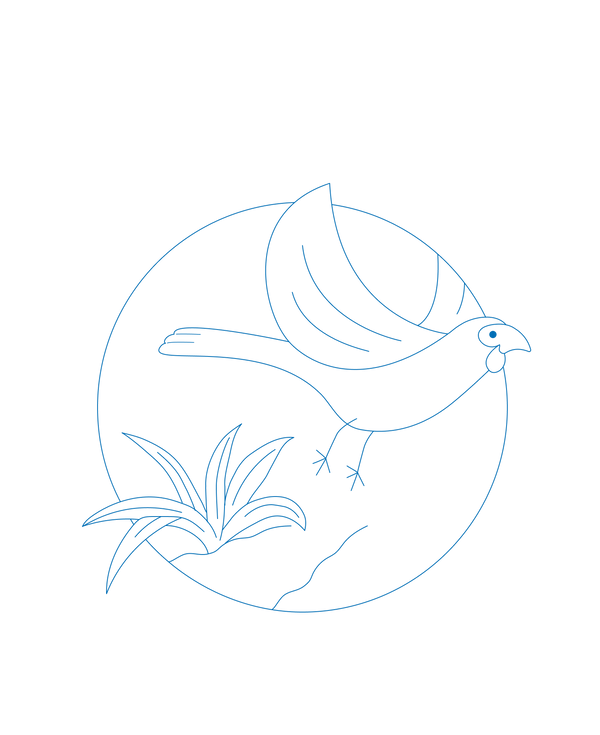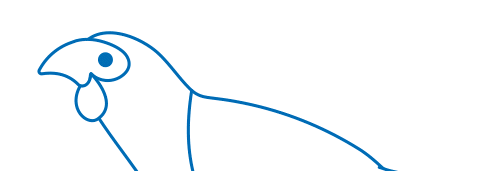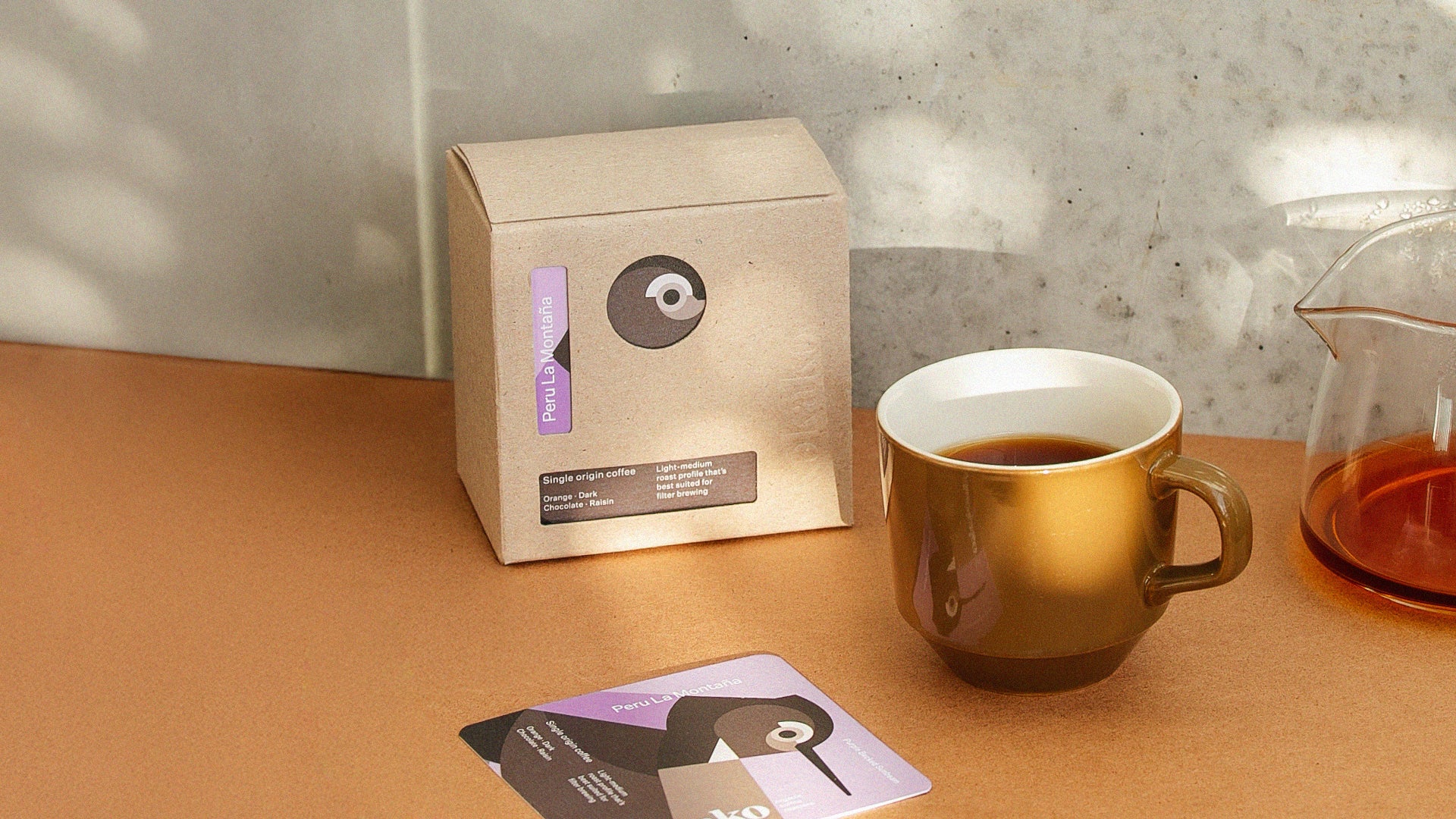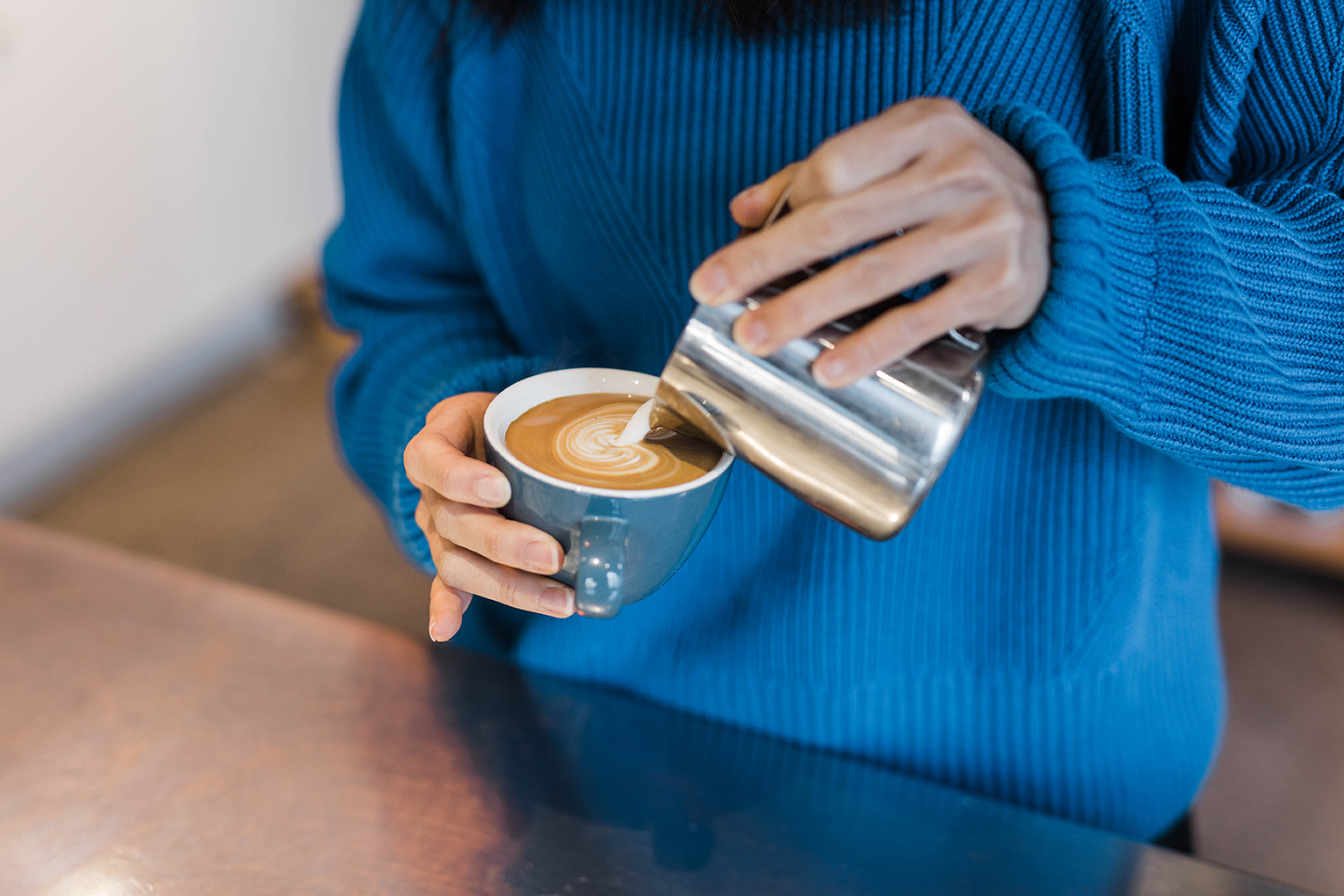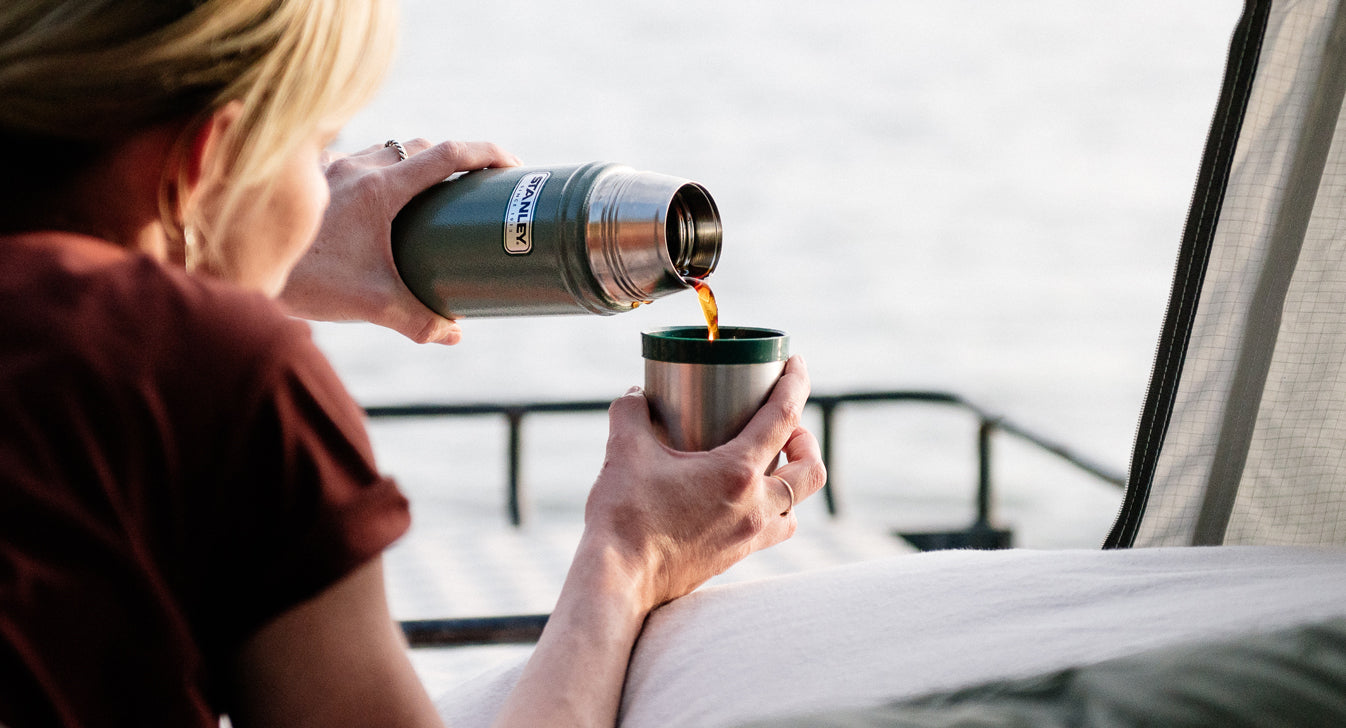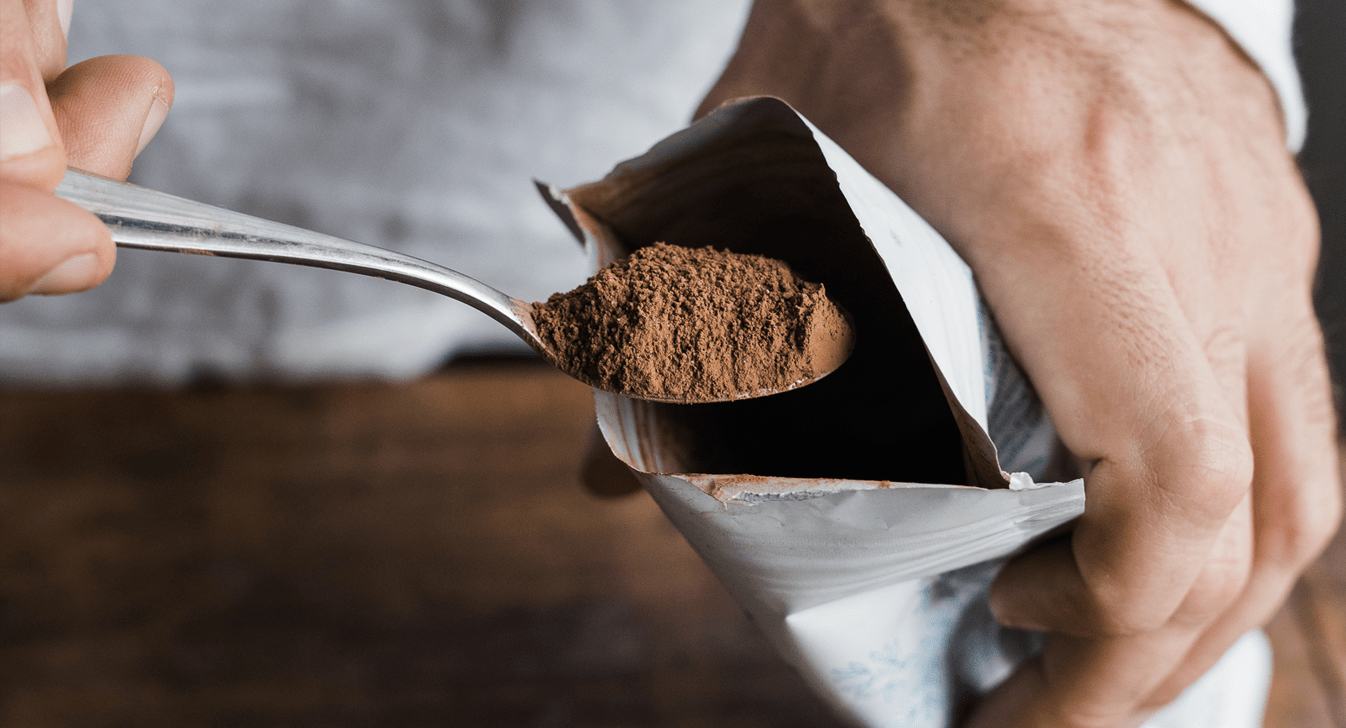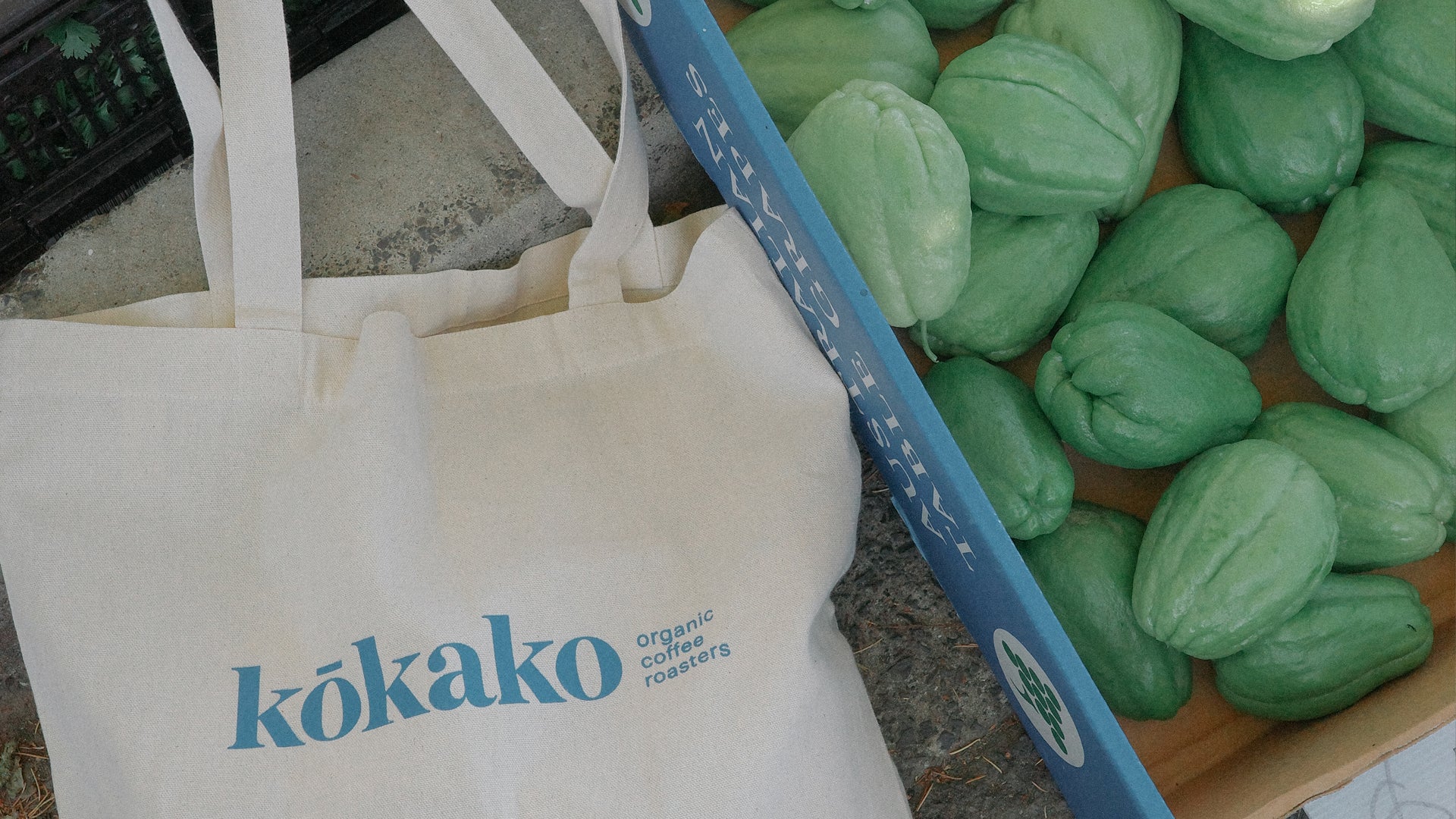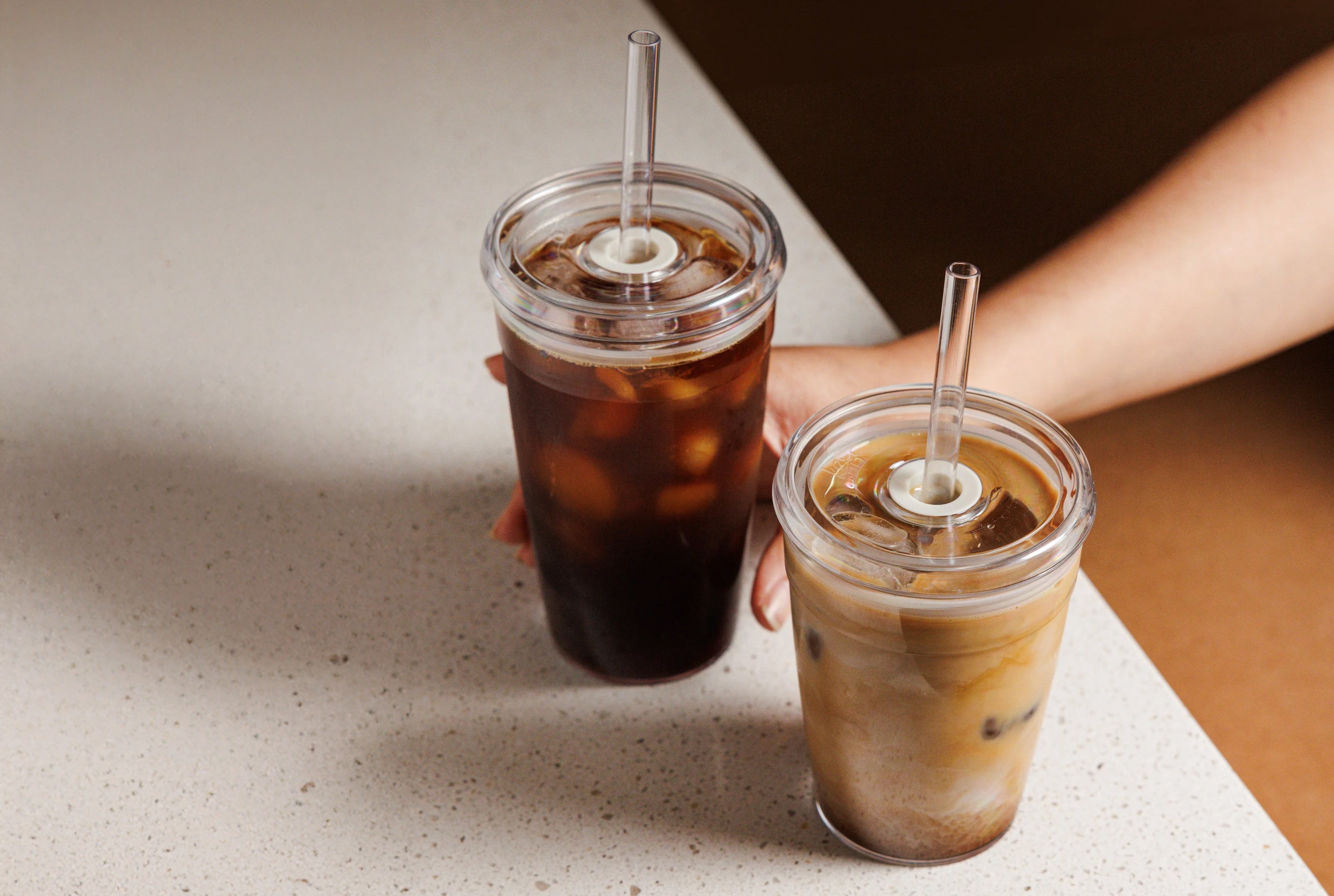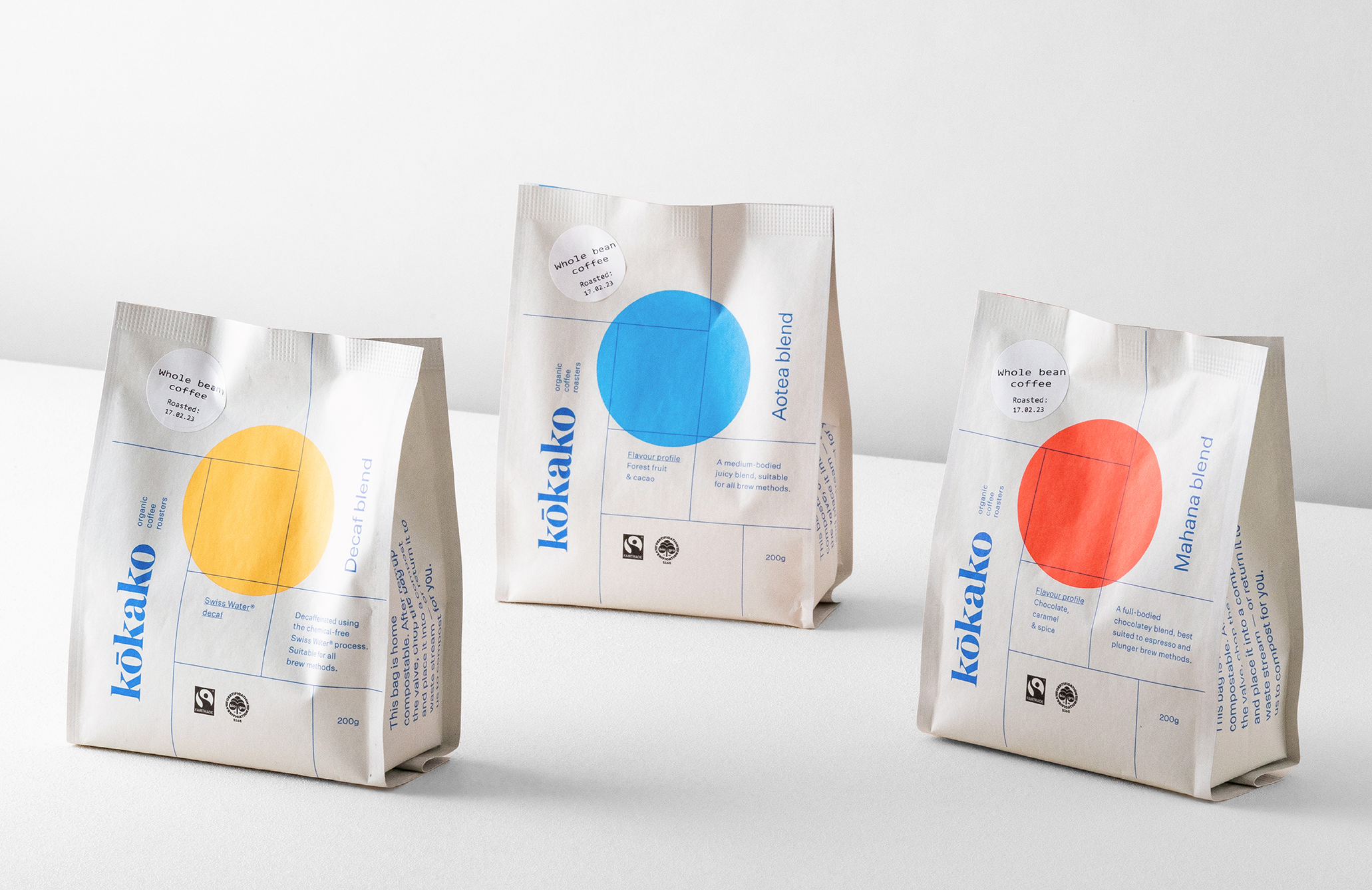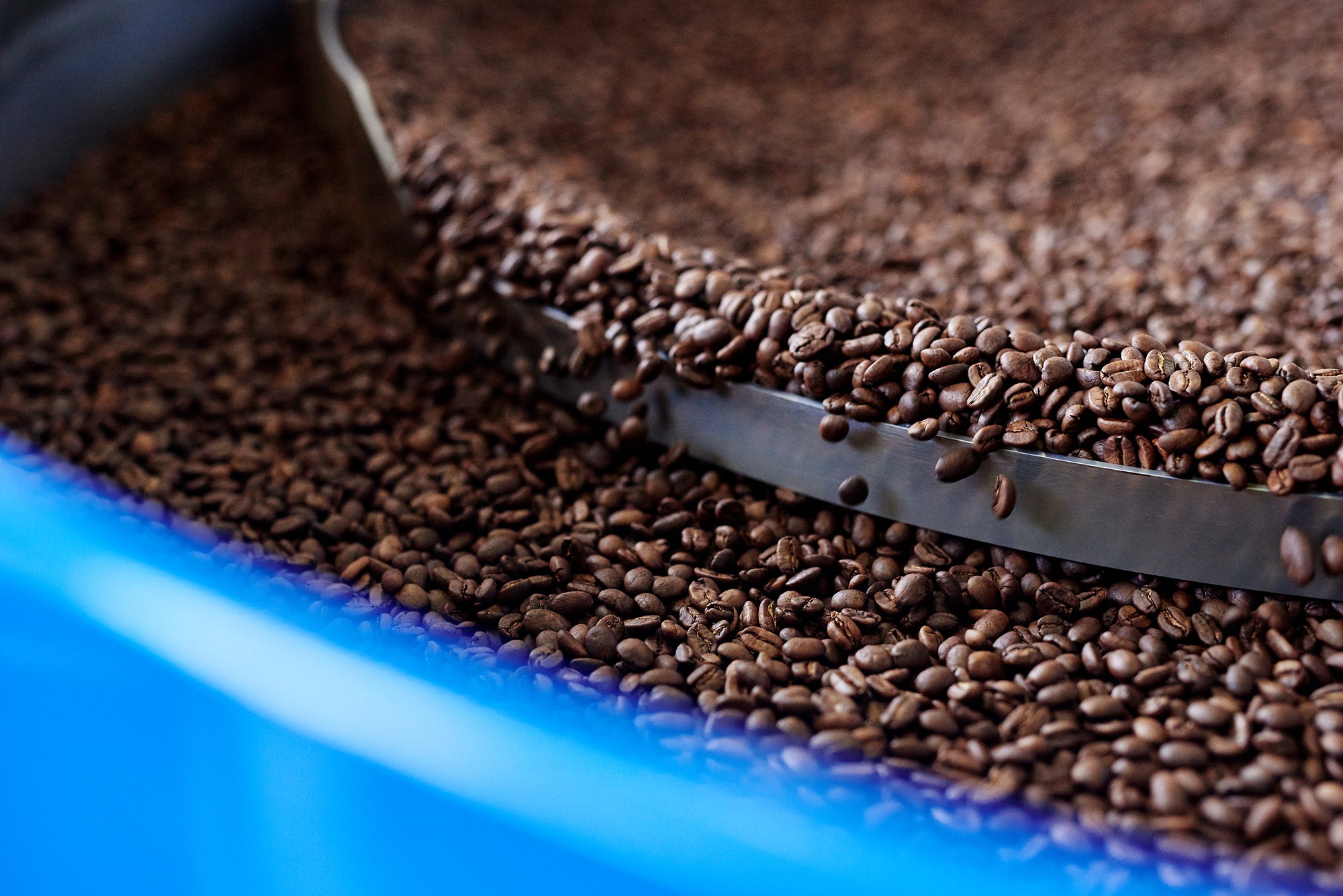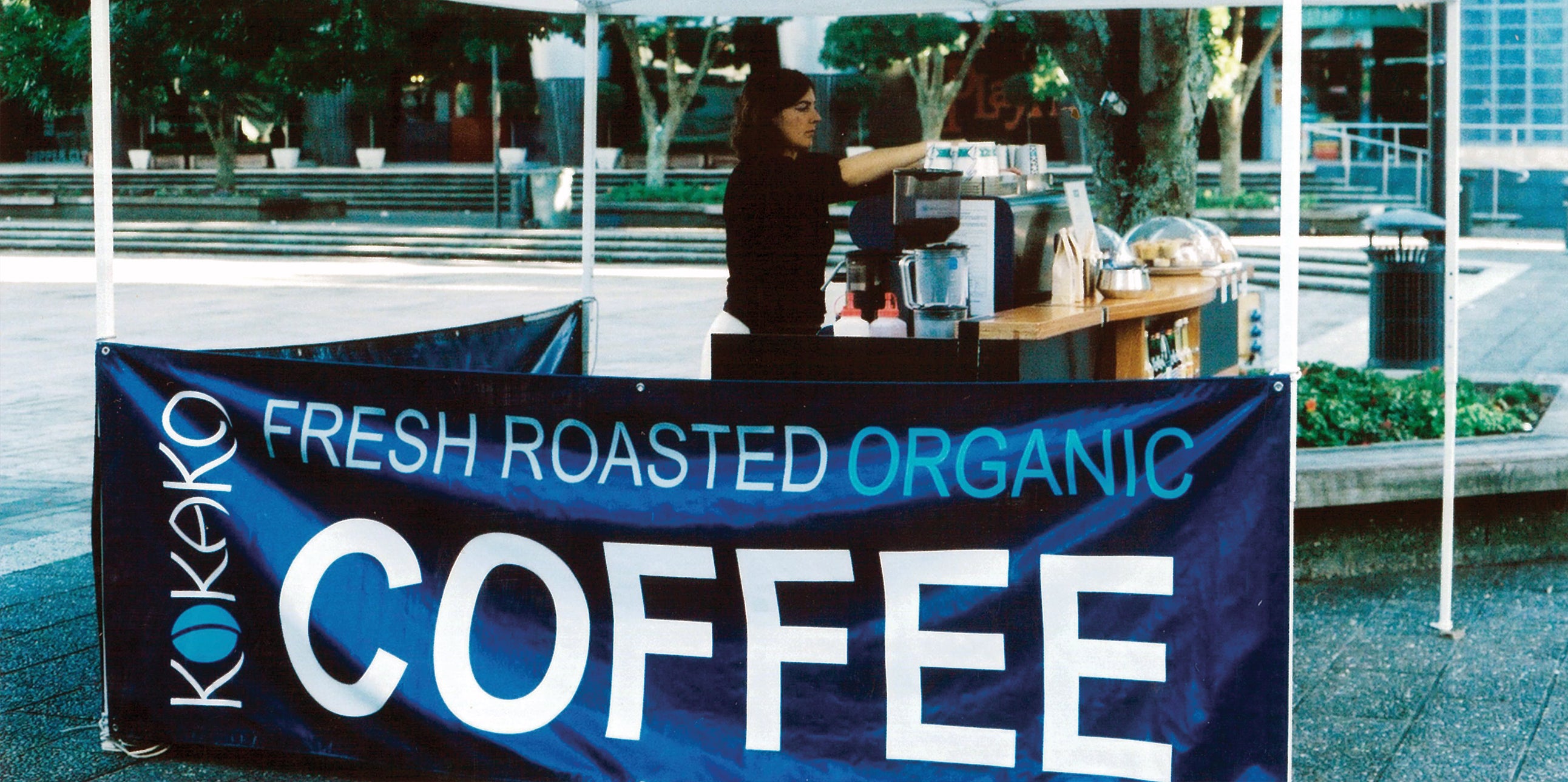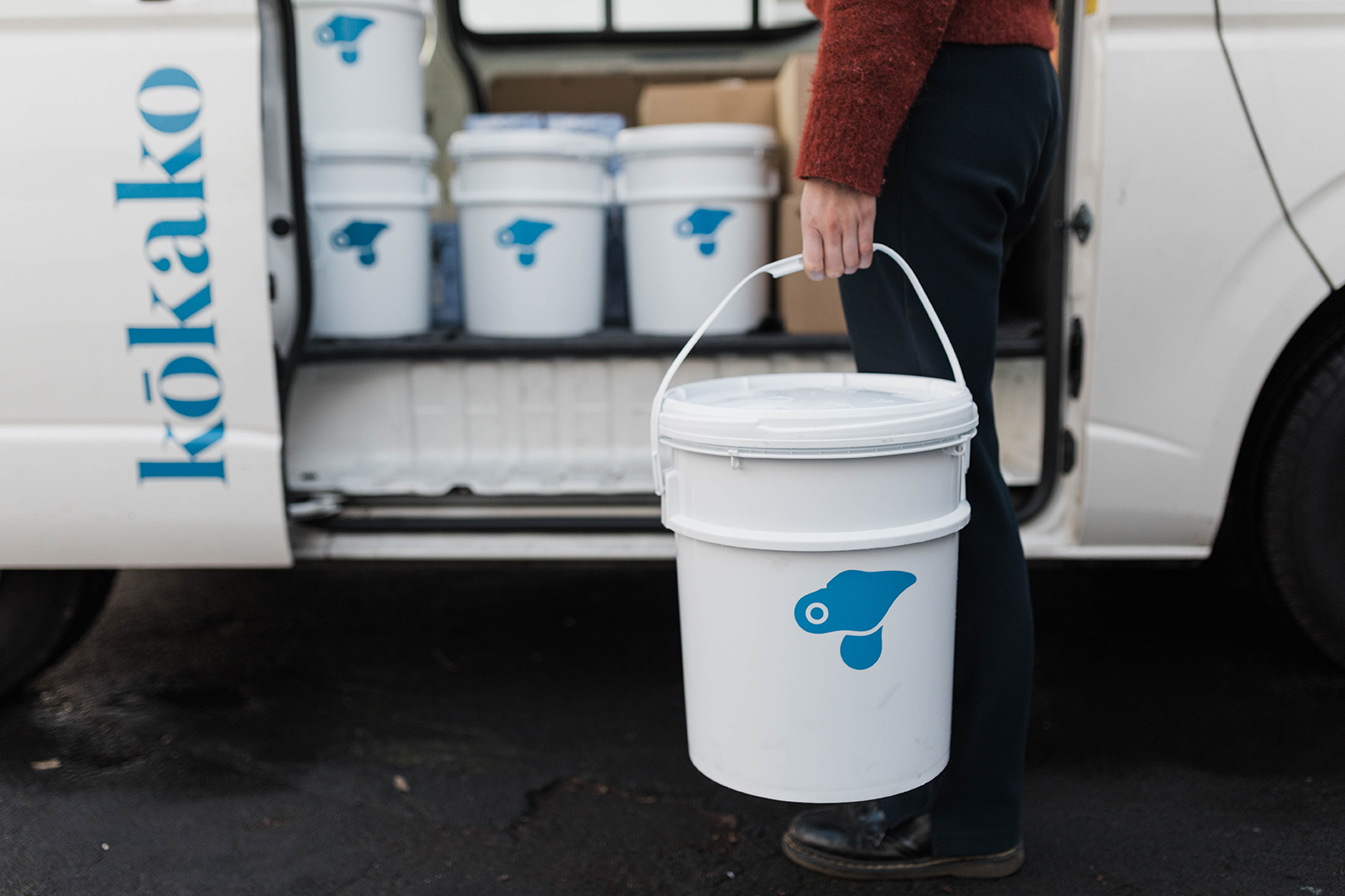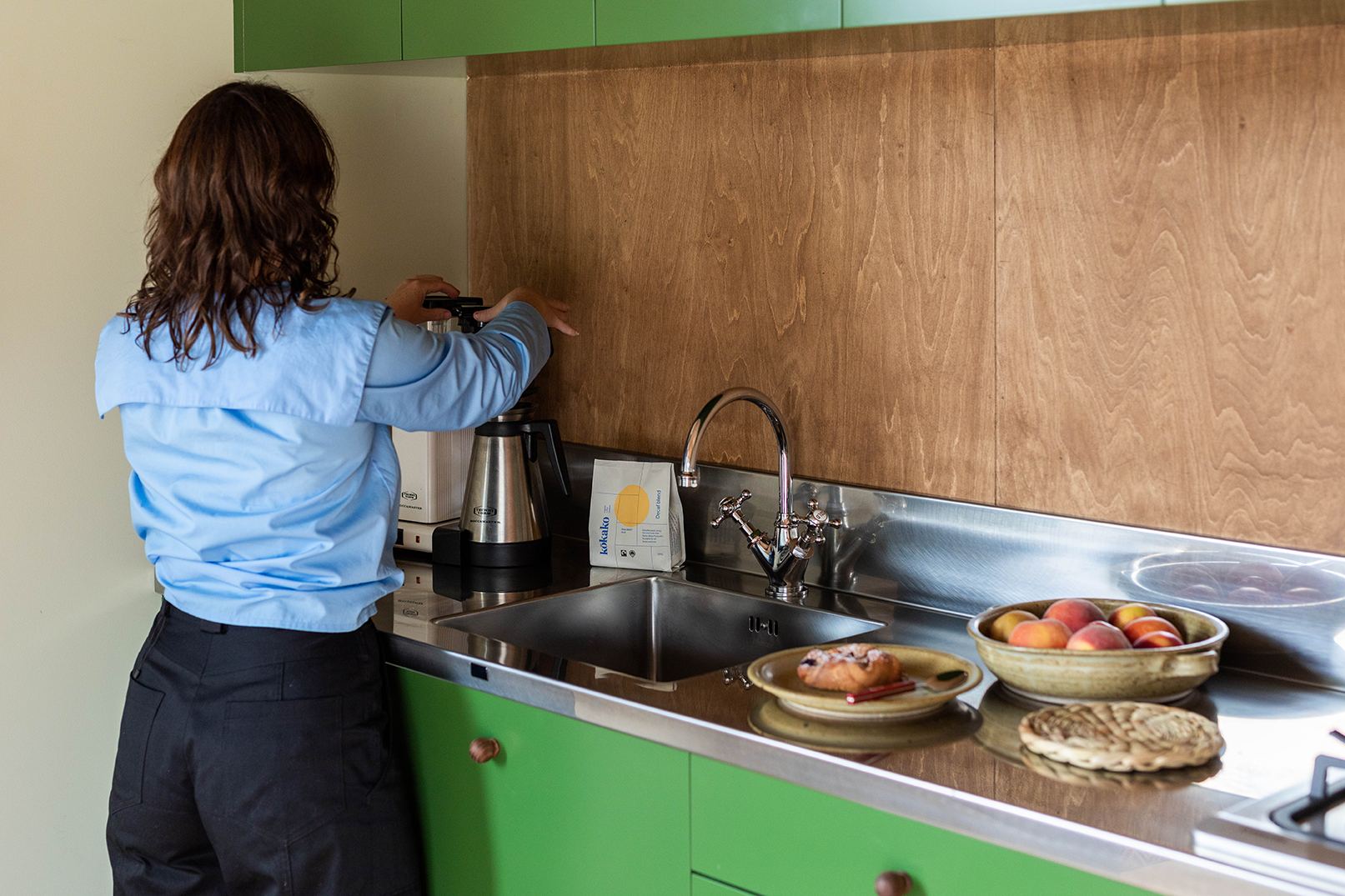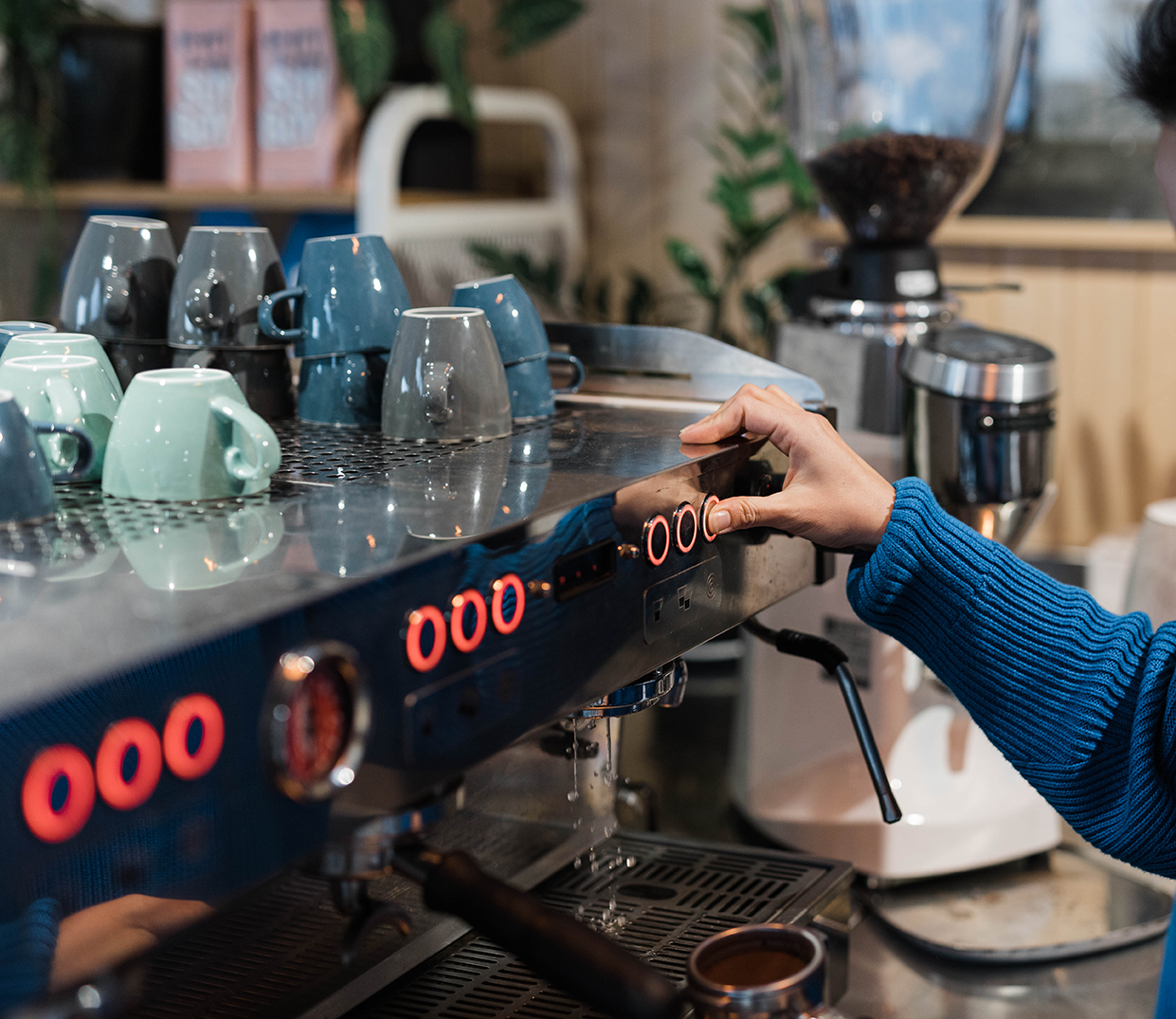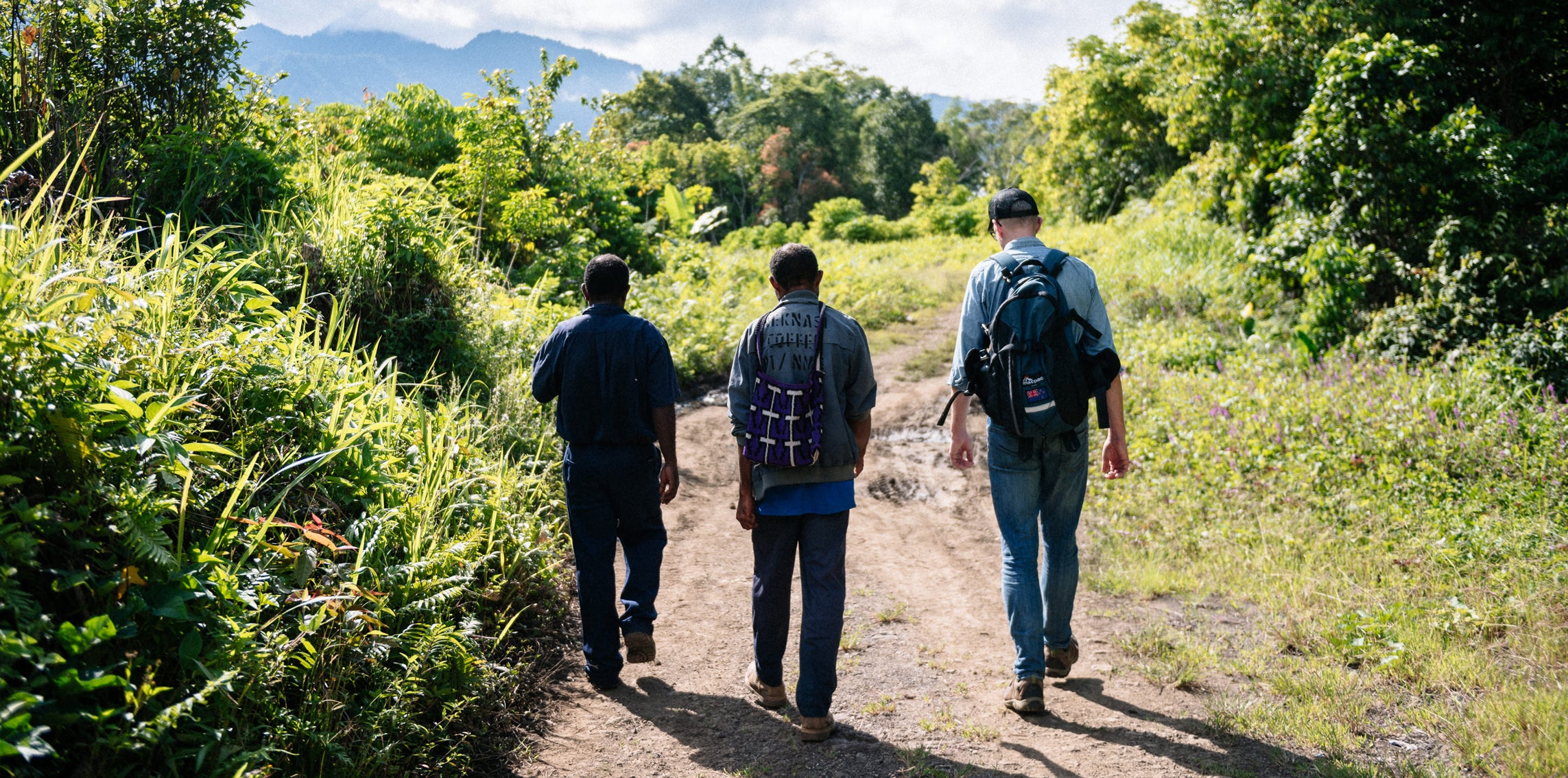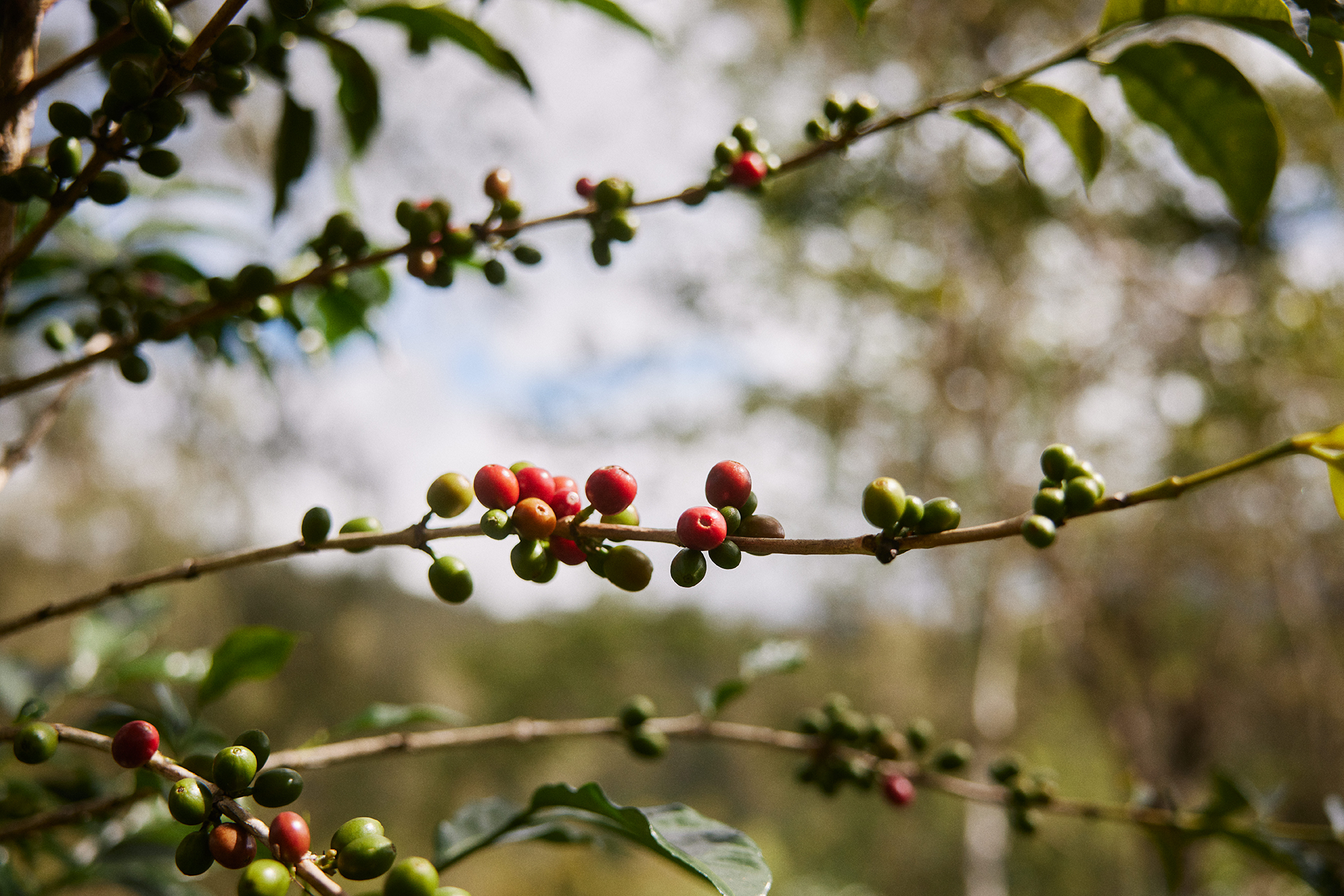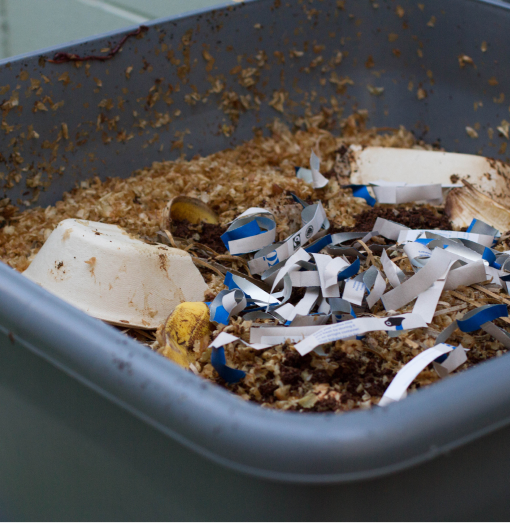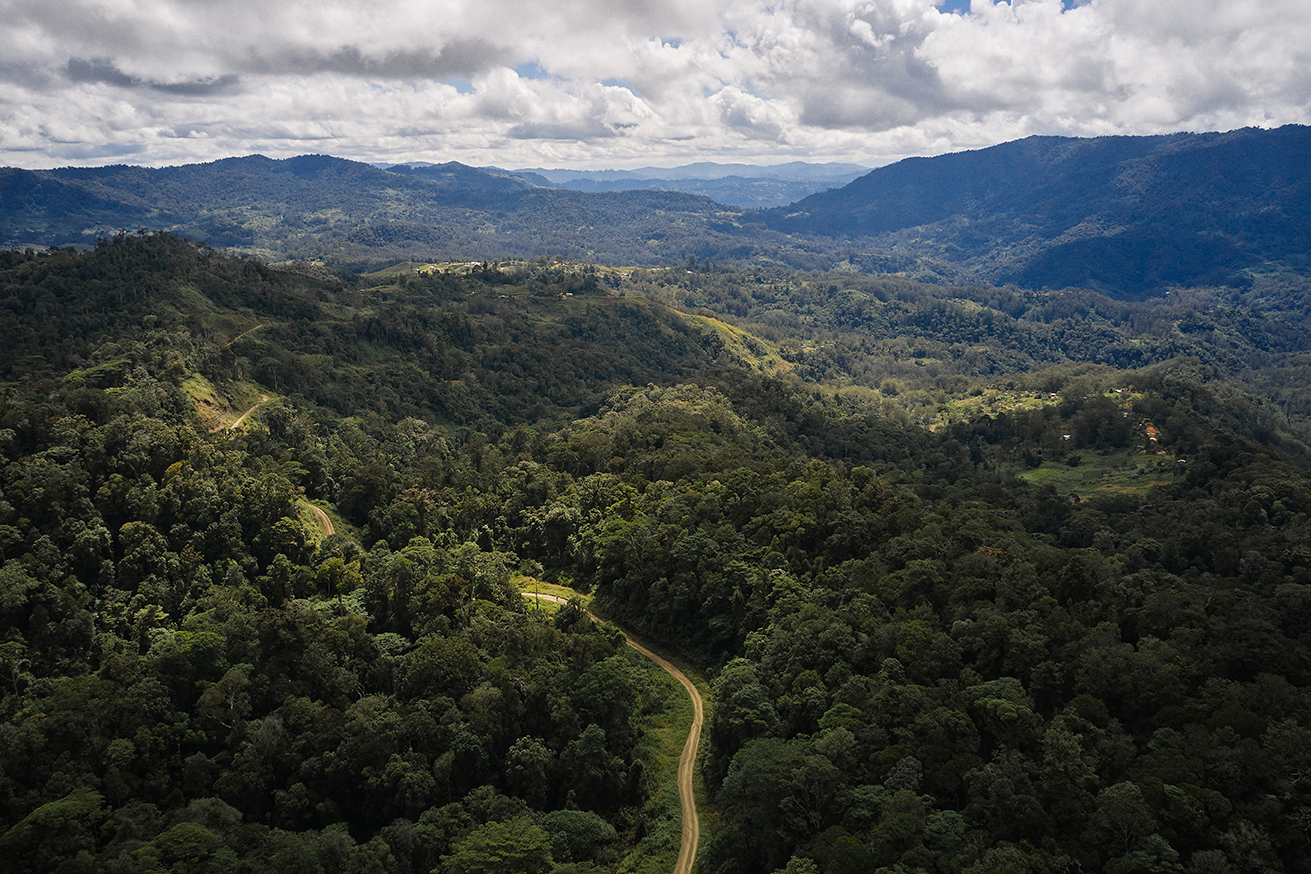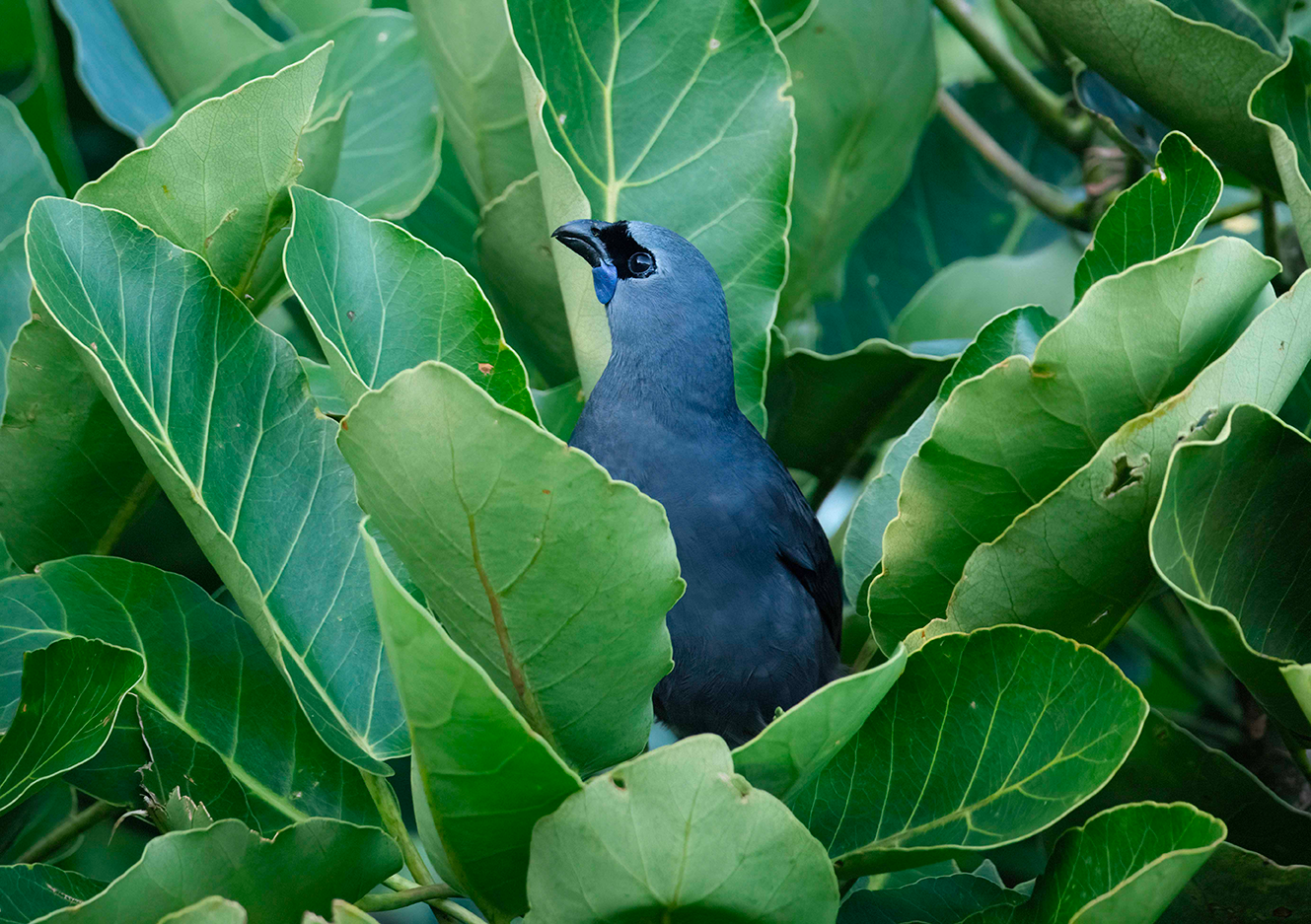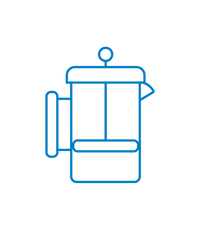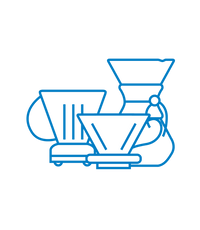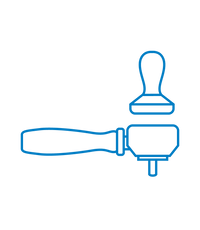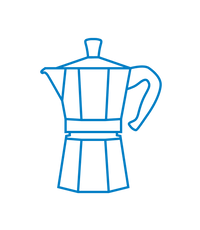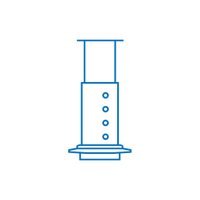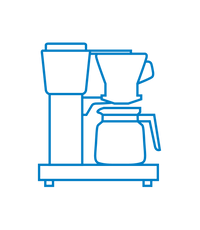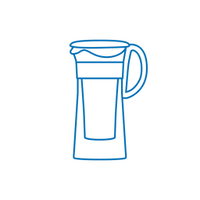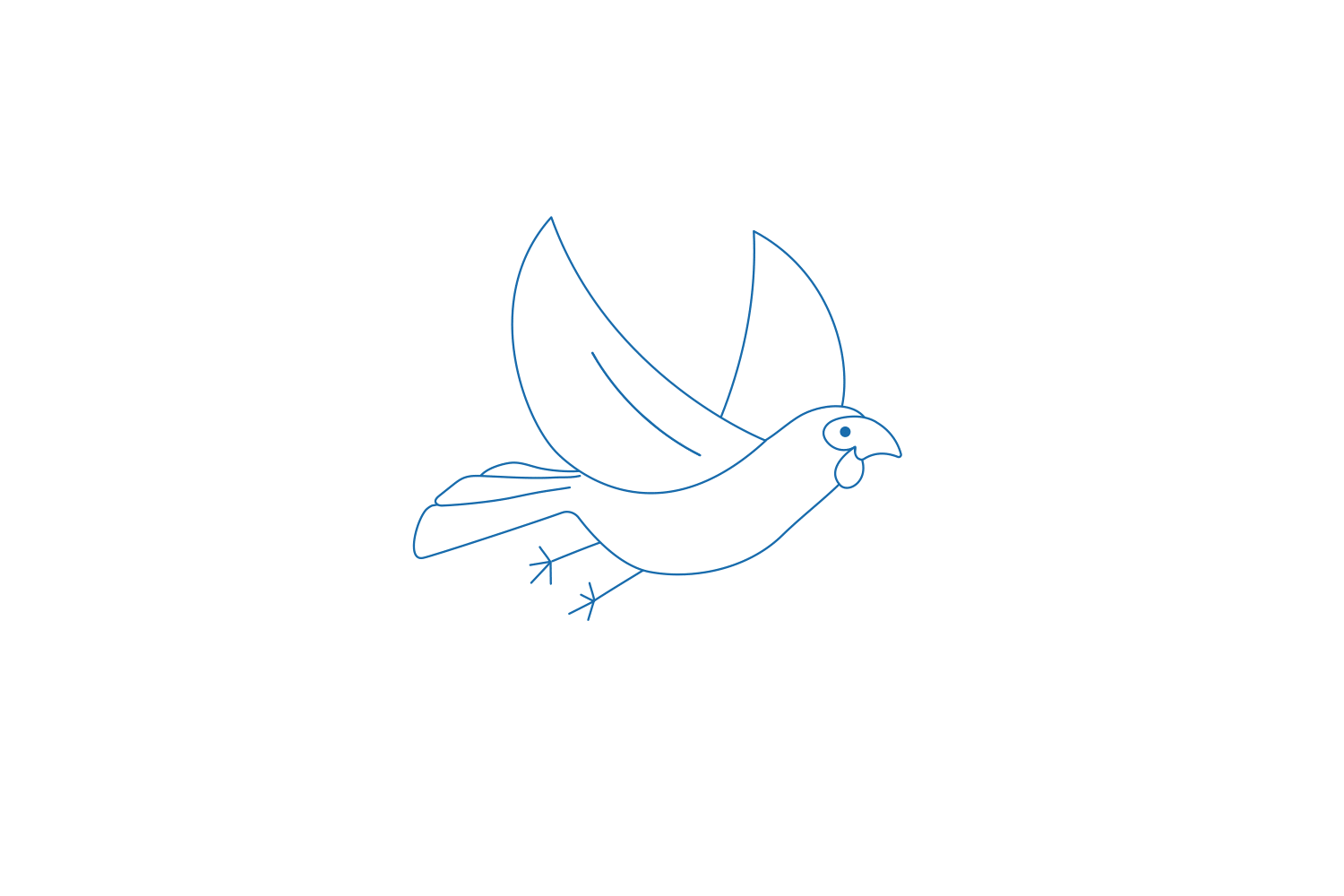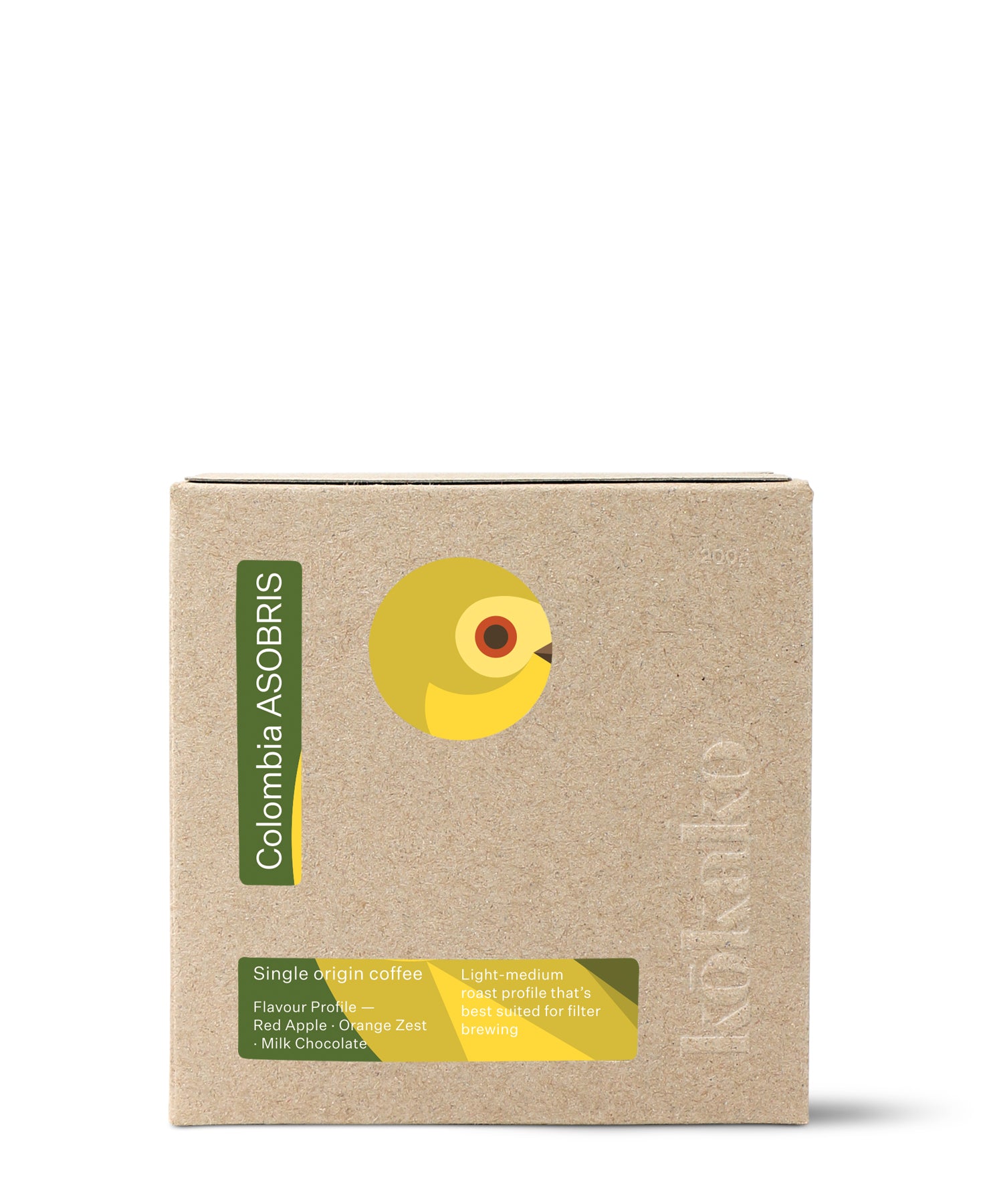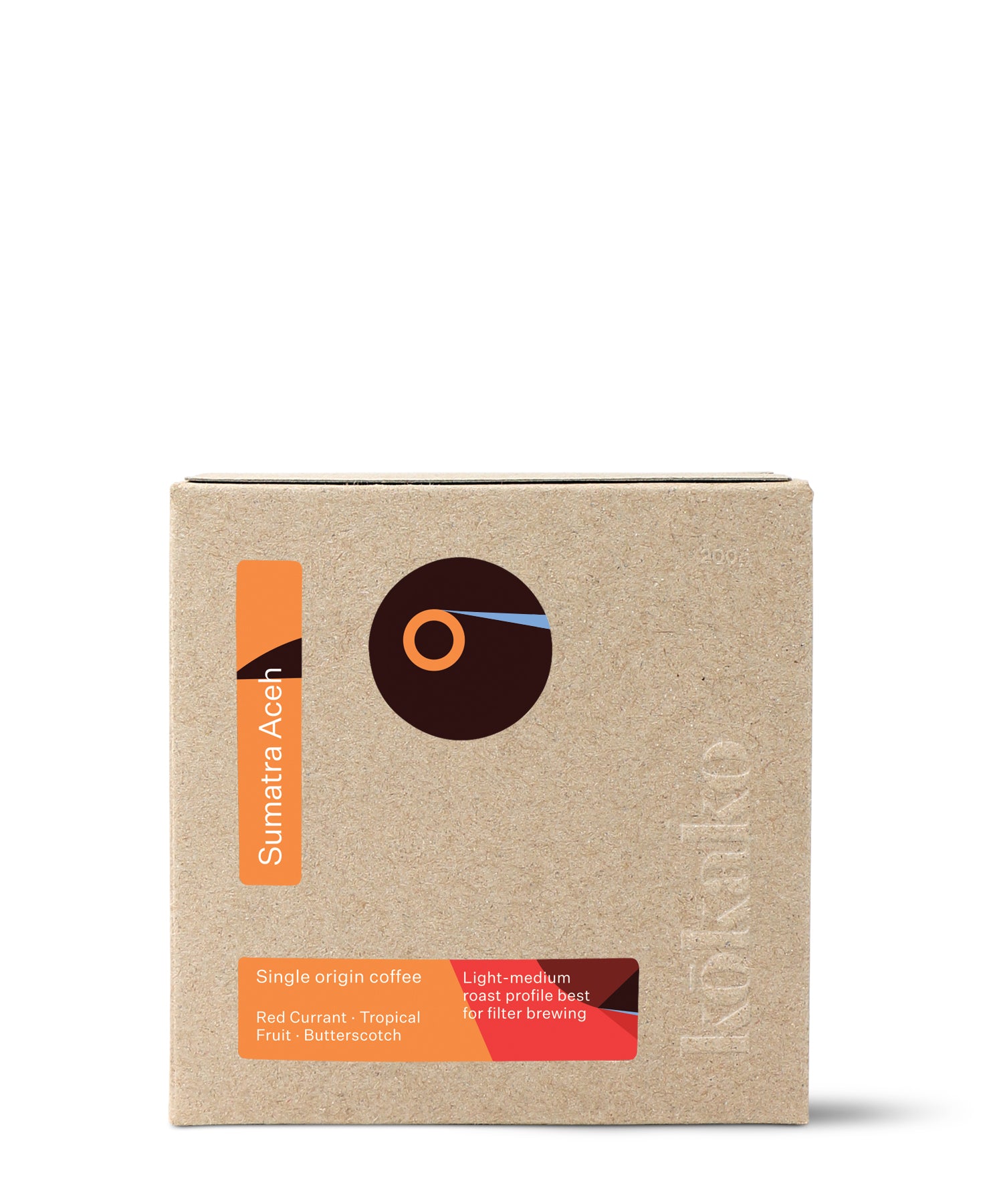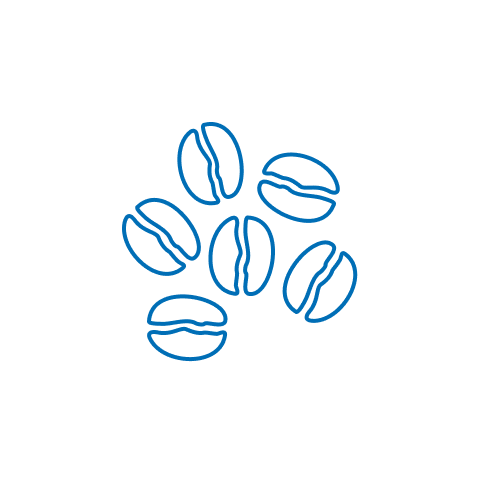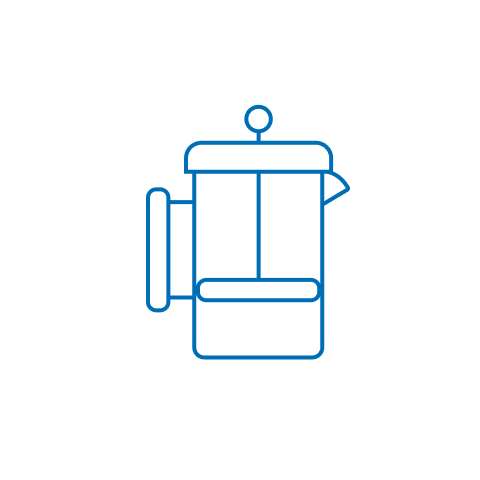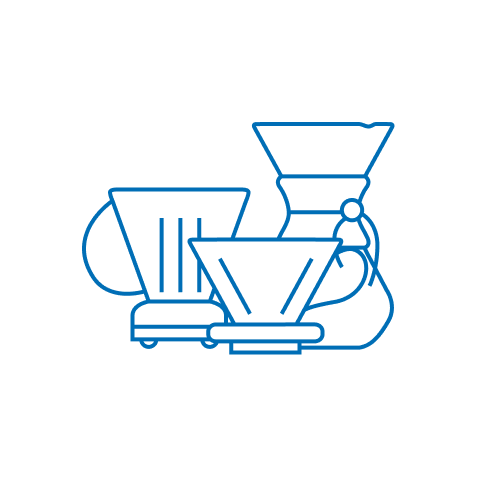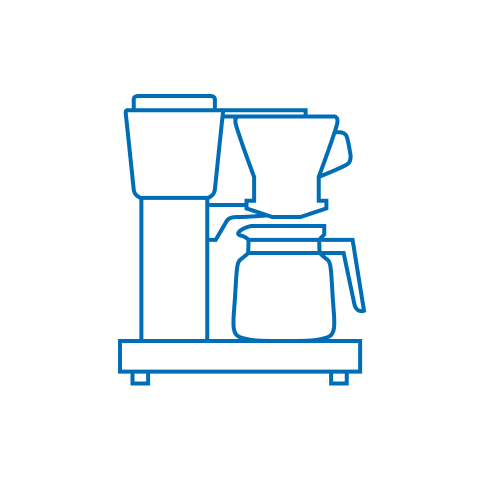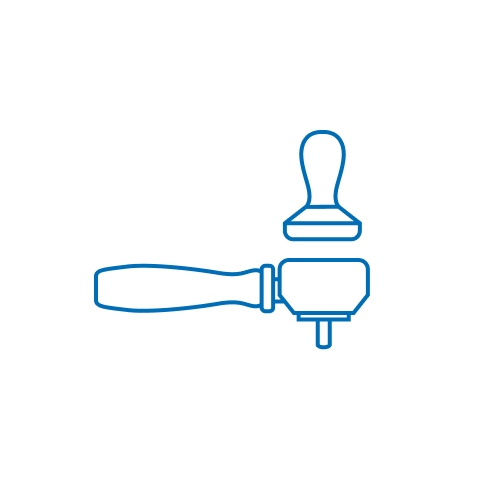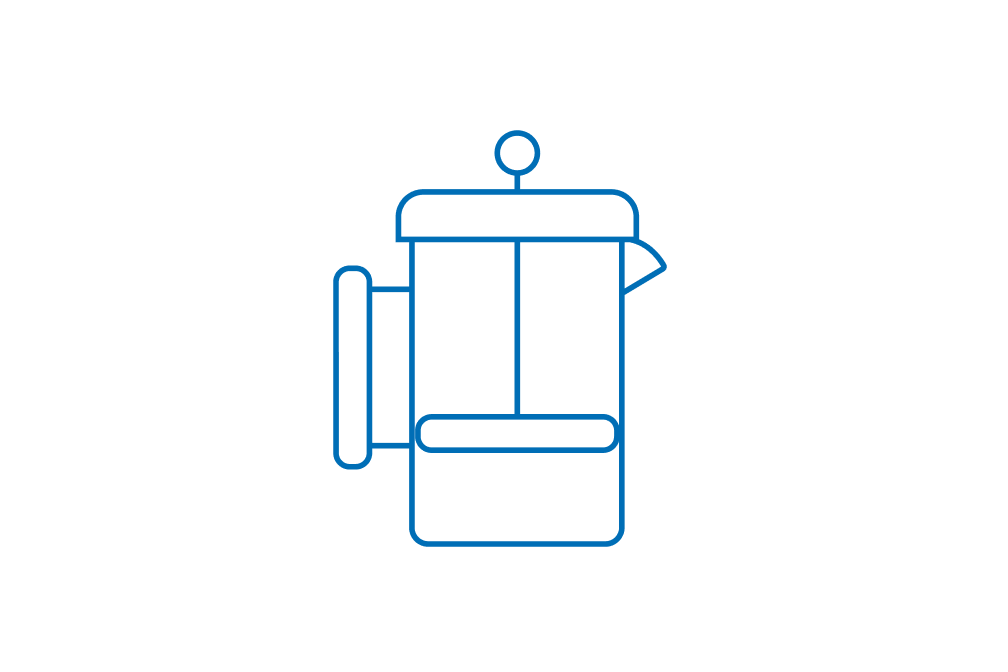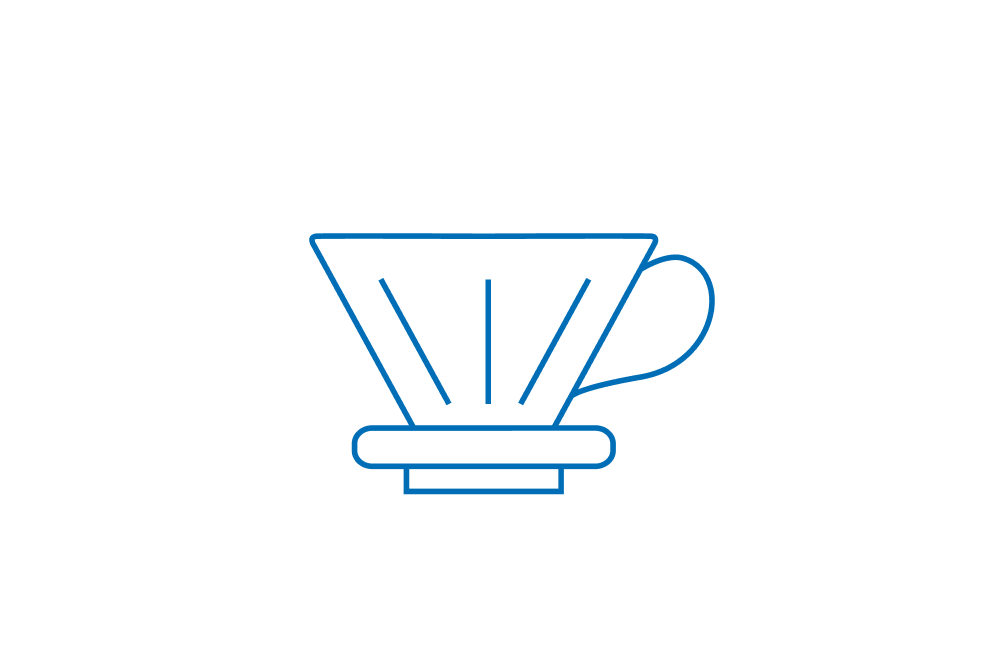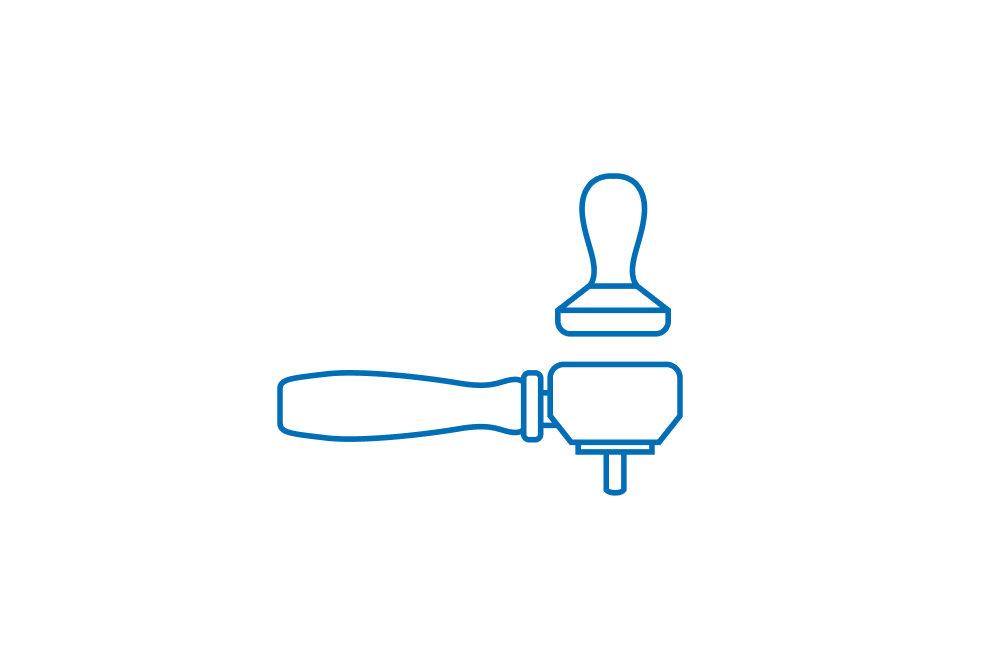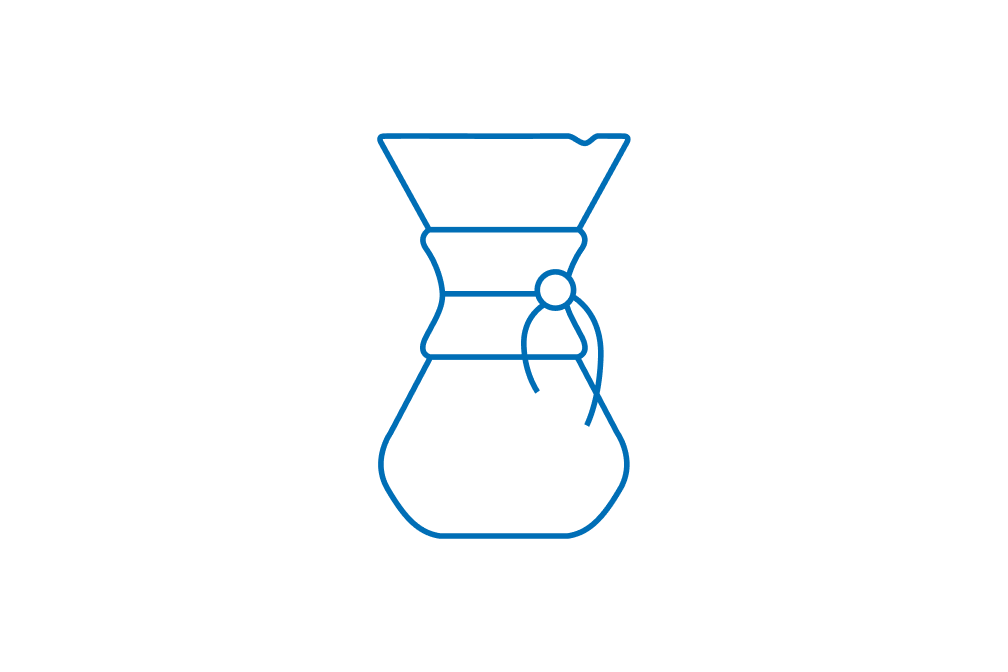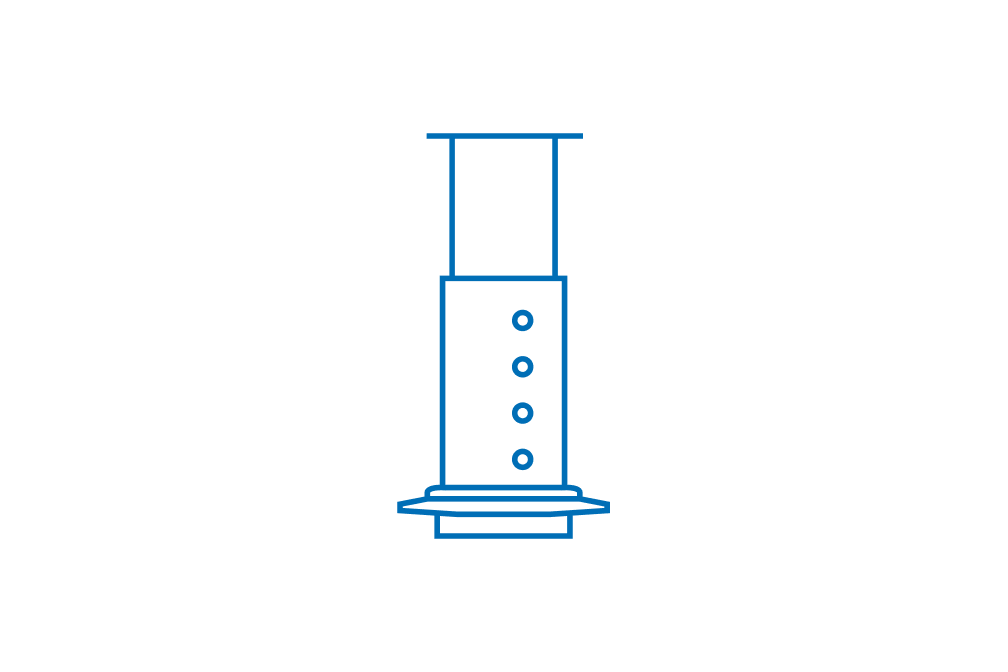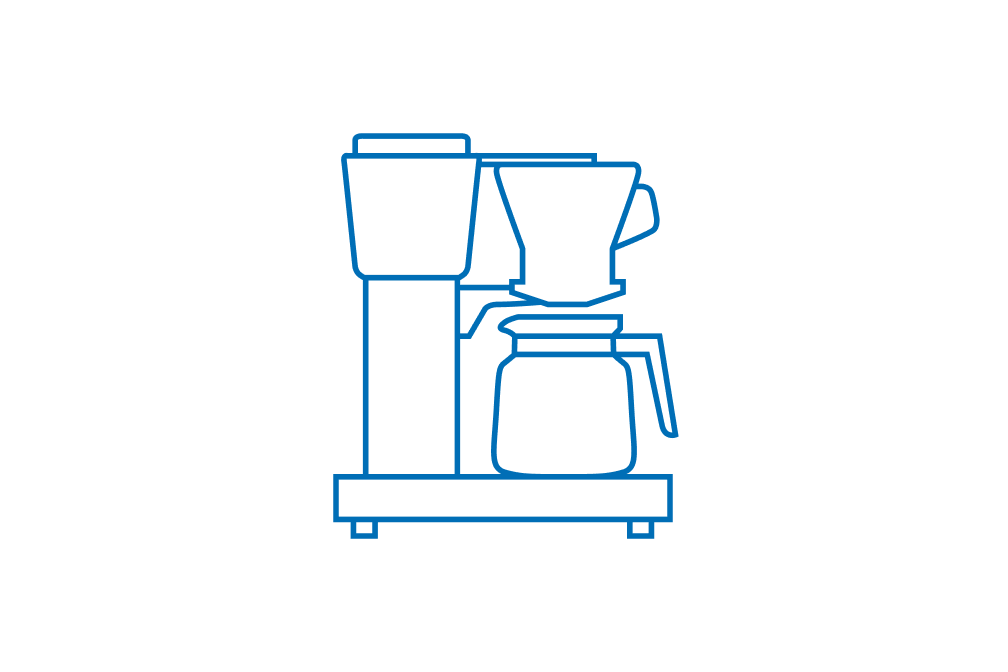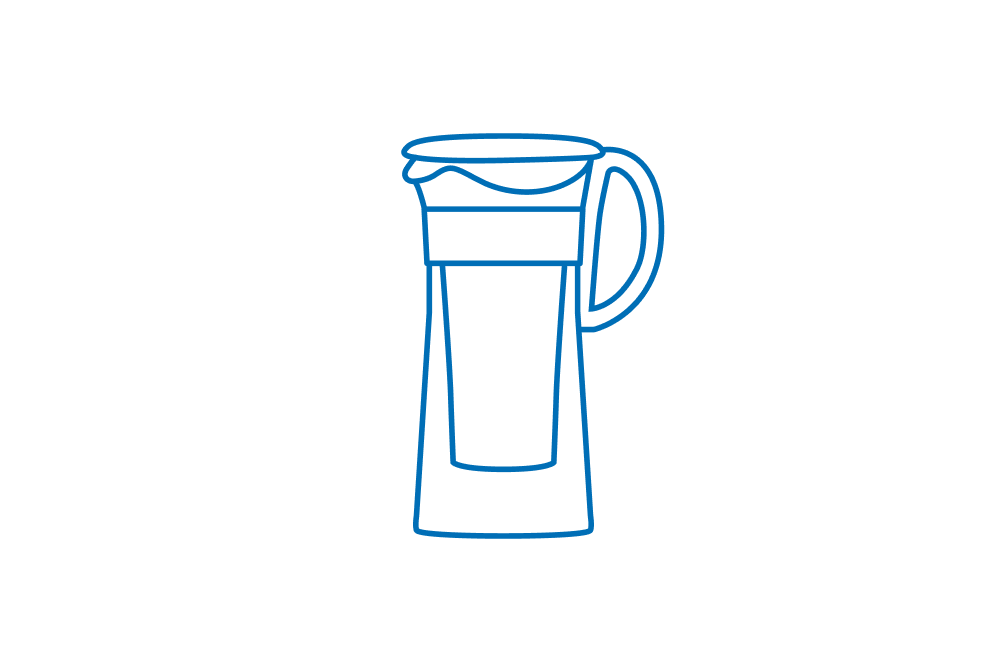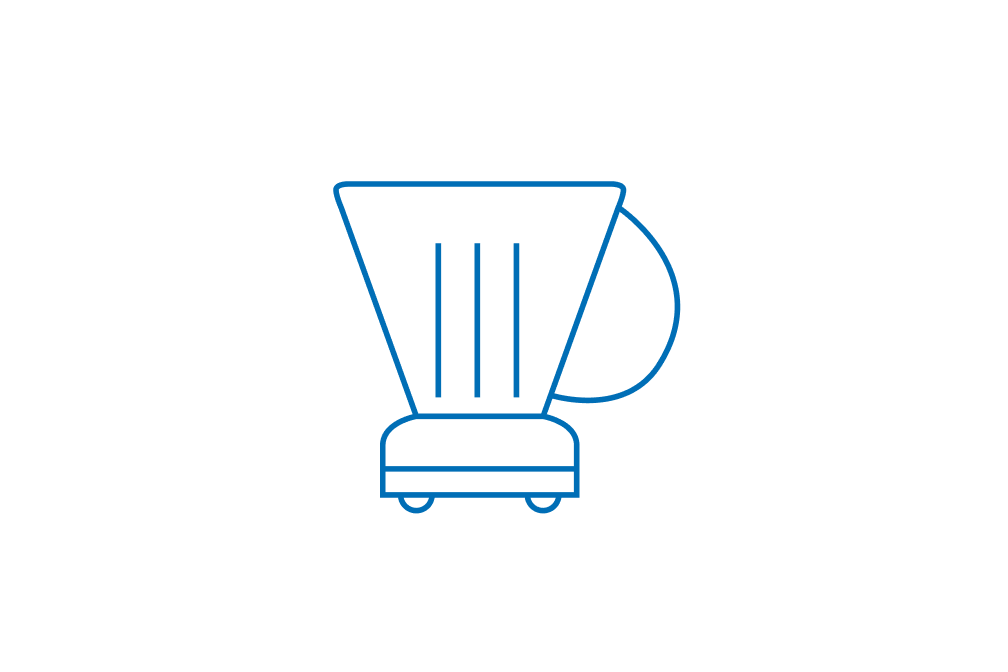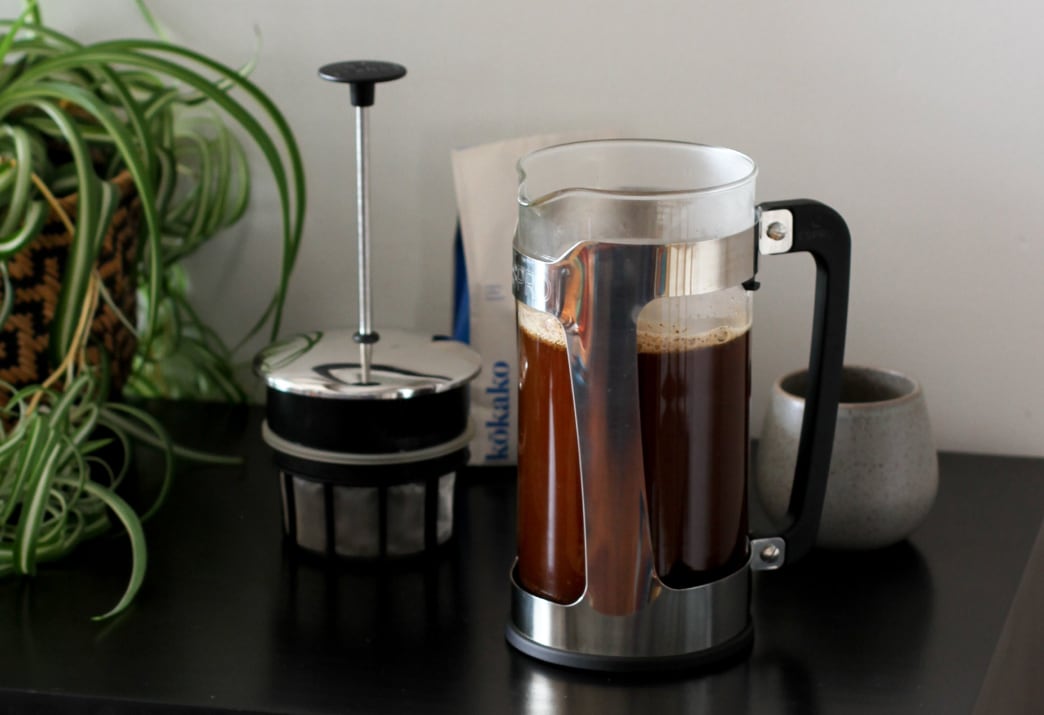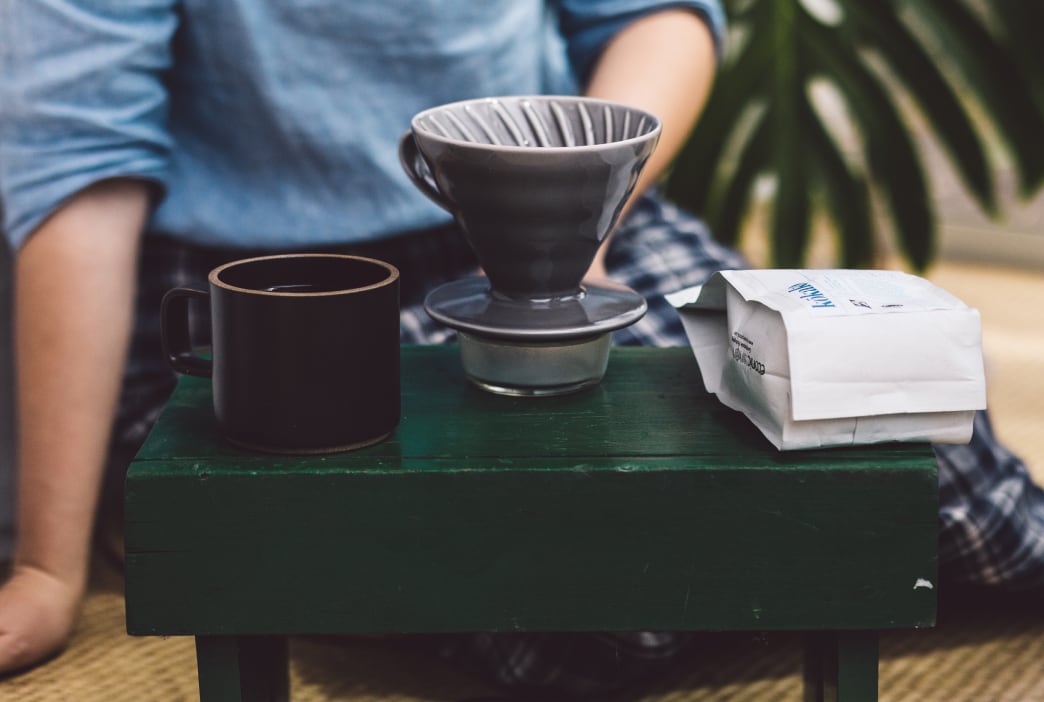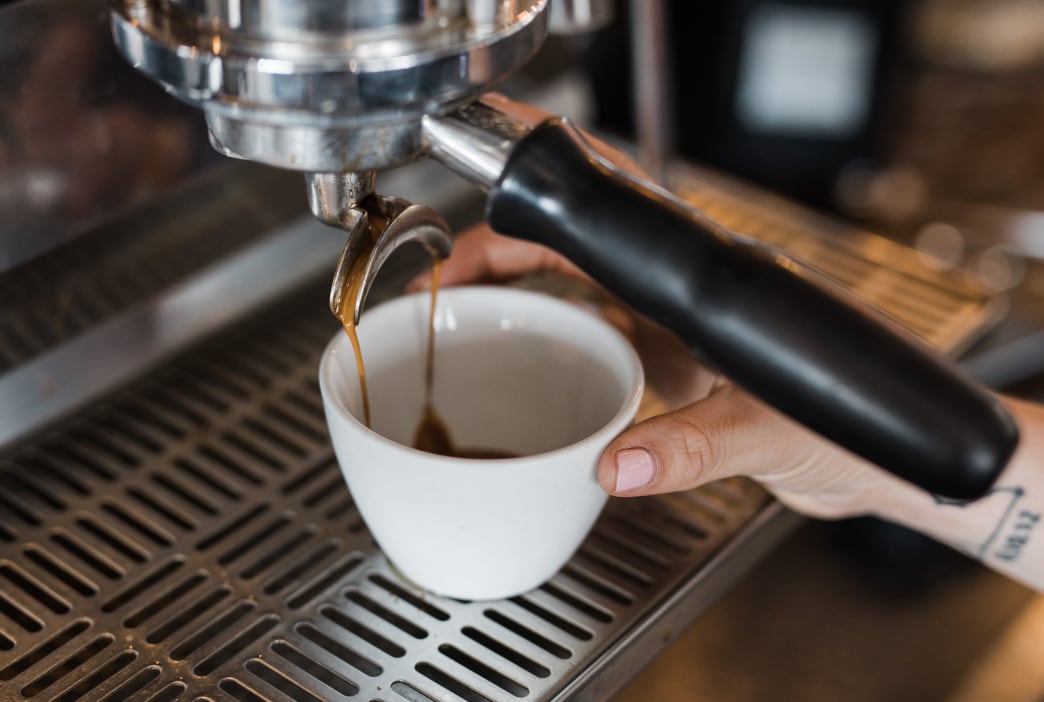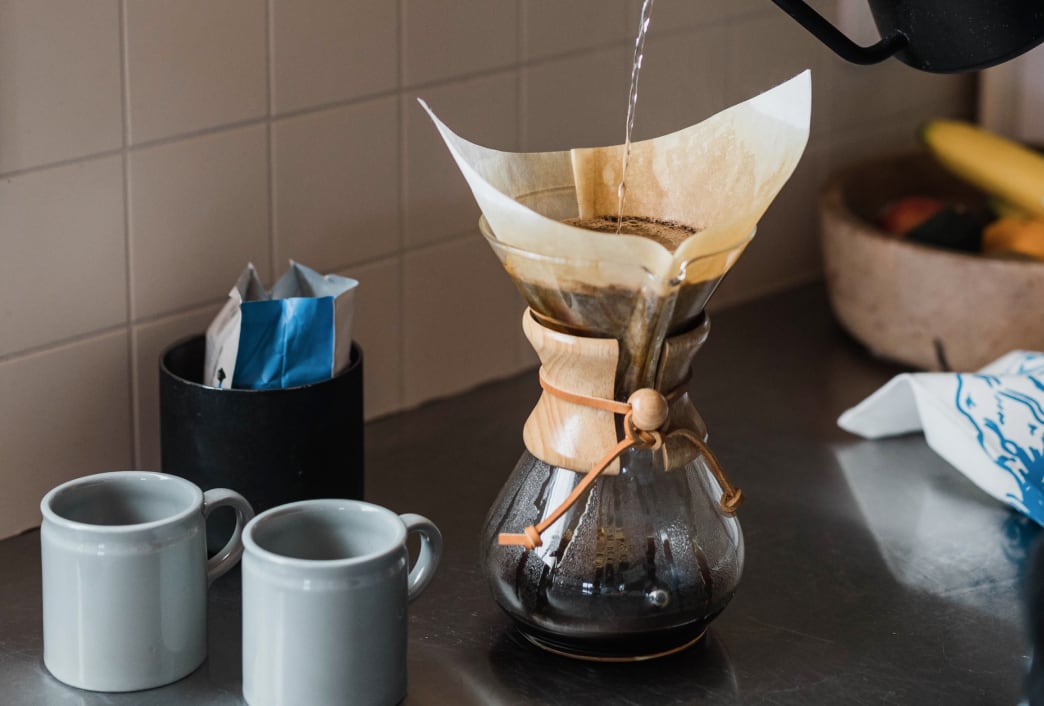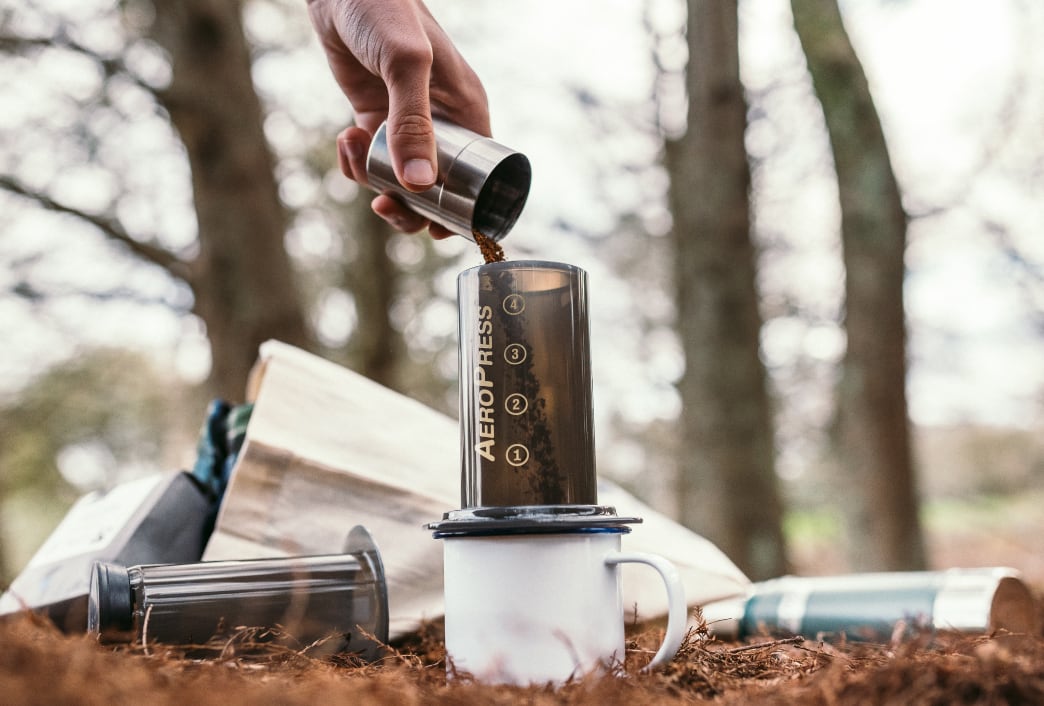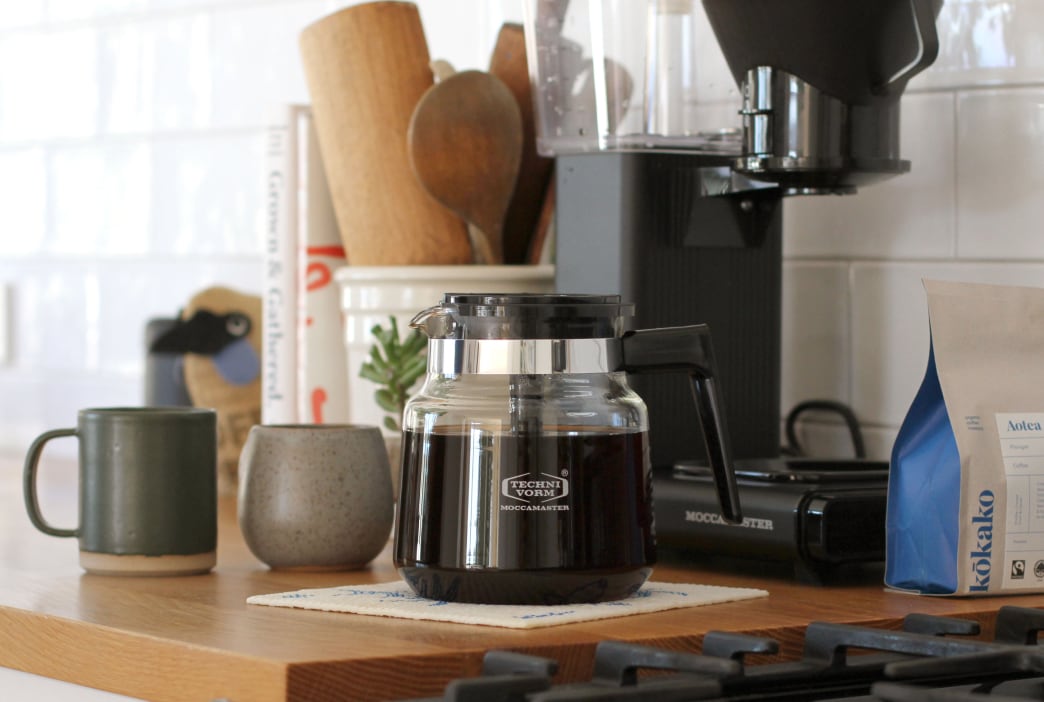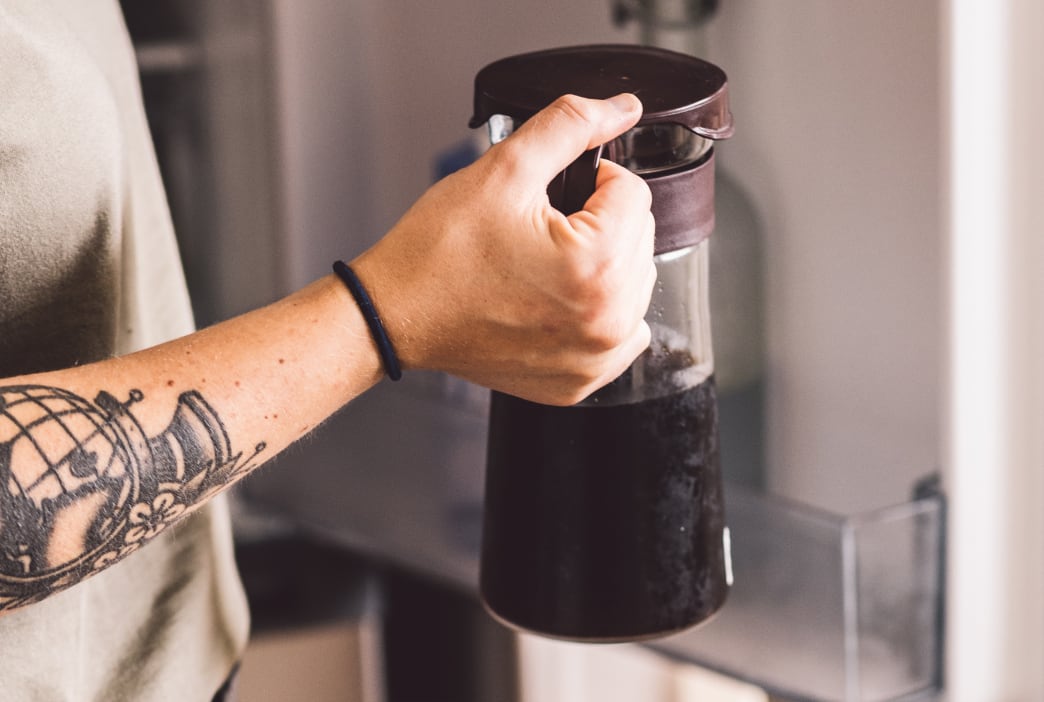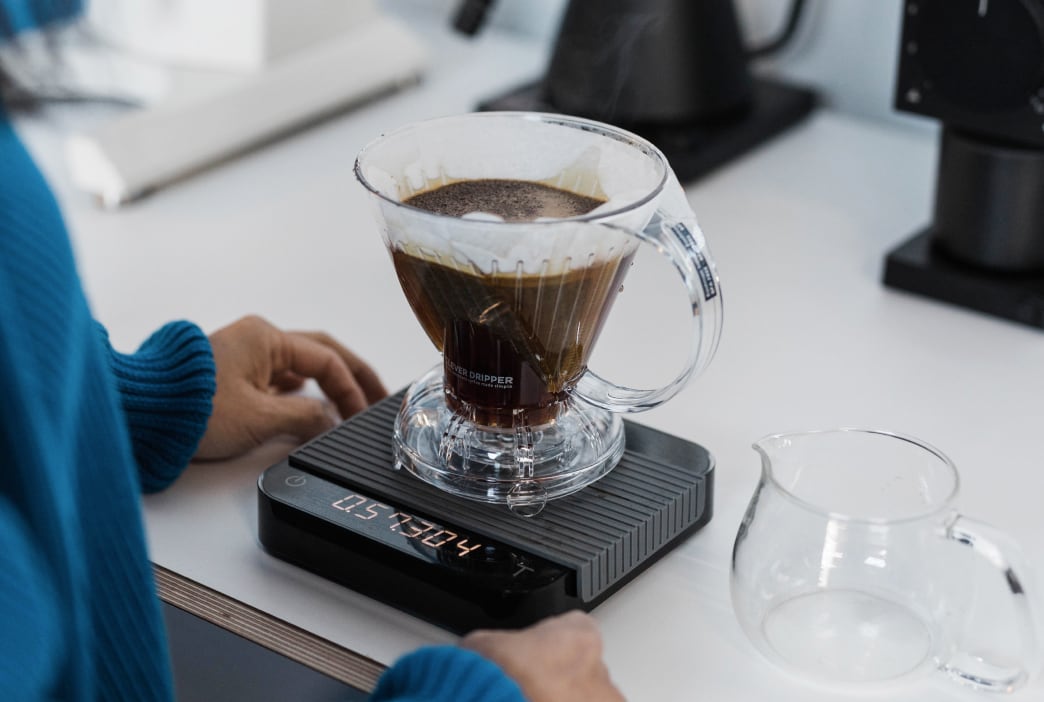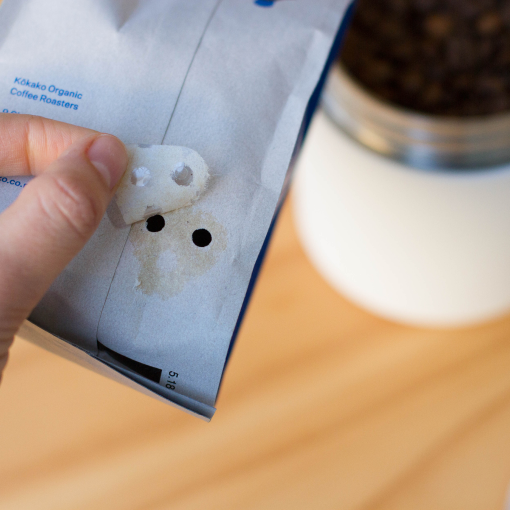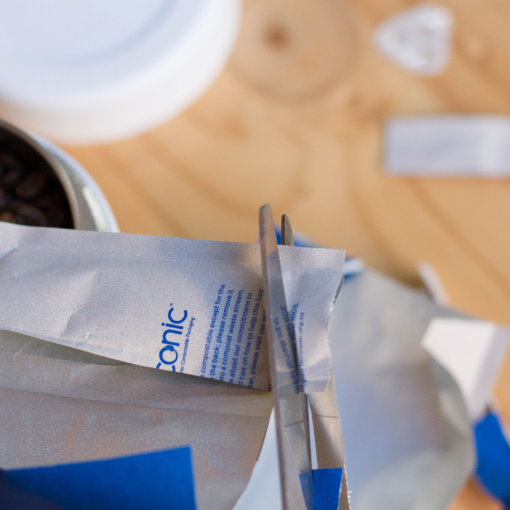June 09, 2017
Fairtrade in Sumatra Part Two - The Fairtrade Forum & Cupping at Origin
The long awaited part two of Zoe & Stephen’s trip to Sumatra last November is finally here. After visiting some of the Fairtrade Cooperatives (including Koptan Gayo Megah Berseri from whom we purchase one of the components of our Aotea Blend) they headed onwards to the Asia Pacific Fairtrade Coffee Forum, to hold a 2 day coffee cupping training with growers and producers from the Asia Pacific region. Below is Zoe’s recount of Part Two of the adventure at the Fairtrade Forum followed by Stephen’s recount of hosting a cupping at Origin. You can find Part One, here.
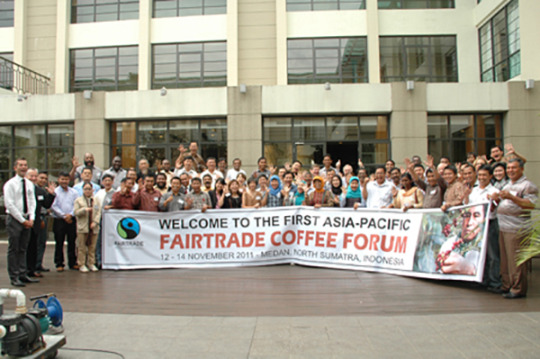
The Fairtrade Forum - Zoe Cole
Day One - The issues
On the first day, a representative from each coffee producing country throughout the Asia Pacific region presented the challenges they face in their respective countries. The resounding message, repeated by every single presenter, was that climate change is seriously effecting them. They are combating problems such as coffee trees flowering at the same time they are producing cherries, or heavy rain at a time of year when coffee would normally be dried in the sunshine. Many of these countries having long standing agricultural procedures dating back generations and this sudden parting from the norm has caused problems in infrastructure, processing and exporting.
We also heard how Fairtrade has benefited their communities and what further initiatives are being introduced thanks to Fairtrade funding such as the infrastructure for easier coffee transportation, training and up-skilling of farmers to increase quality and yield, and coffee tree nurseries to replace old root stocks or introduce more disease and climate change resistant crops.
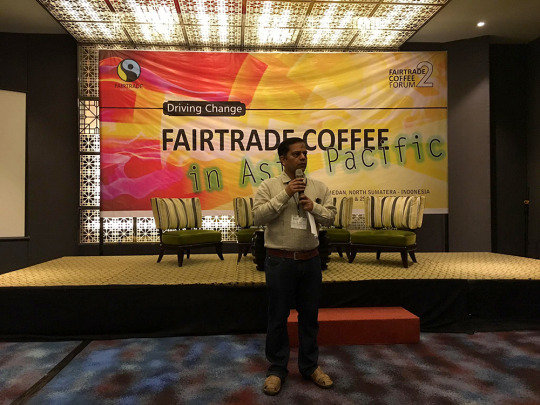
Photo thanks to Matthew Algie.
These discussions reinforced what we had seen in the days leading up to the forum visiting coffee farms in the Ache province. What I found fascinating is how each country, area and community has a different need from the Fairtrade system, there is no one size fits all approach. The system of Fairtrade allows for this diversity, they provide a Producer Support Network and guidelines on how to spend the premium (including examples of what has worked in the past) but ultimately it is up to each cooperative to decide what their community needs most.
One of the farmers concerns that really struck home for me was how their cooperatives are struggling to sell their certified Fairtrade coffee. Only 30% of the coffee produced by these cooperatives is sold as certified Fairtrade, the rest is sold as conventional coffee. Because the demand for certified Fairtrade coffee is lower than the amount of coffee they produce it means the farmer is not guaranteed the minimum price, or paid the Fairtrade Premium, when forced to sell their coffee as ‘conventional’. This is solely down to not enough consumers seeking Fairtrade products. If more of the certified Fairtrade coffee was sold as certified Fairtrade coffee, these coops would receive higher yearly premiums and more money would be reinvested back into community, coffee production, farmer training (how to prune trees for higher yield, how to compost effectively and how to process quickly to avoid unwanted fermentation of the coffee cherry) and infrastructure.
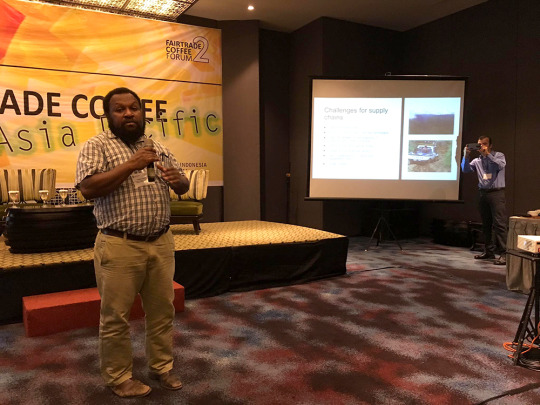
Daniel Kinne, from Papua New Guinea cooperative HOAC. Photo thanks to Matthew Algie.
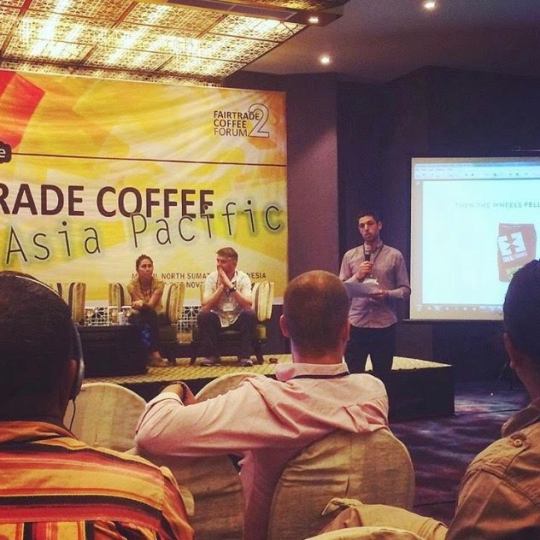
Stephen speaking on behalf of Kōkako.
Before visiting the coffee farms and cooperatives in Aceh, I didn’t fully understand the impact of the Fairtrade premium - what it was used for and how the farmers benefitted from it. Whilst in Aceh, one cooperative told us about a community initiative to hire a local dance teacher to teach a traditional dance which would have otherwise been lost, later we were lucky enough see a performance of this dance. The young men who danced looked to be in a trance and it was clearly a huge source of pride to the village. The heart, care and love of these people carrying on words and actions of their ancestors was so obviously important to these guys. It mattered.
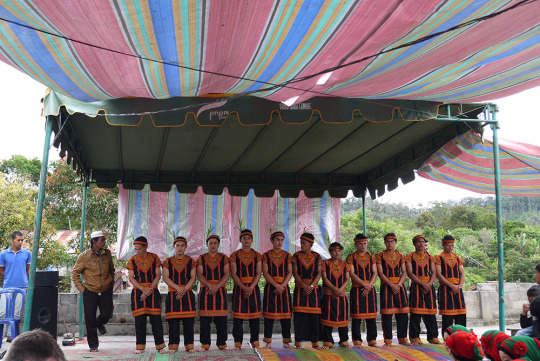
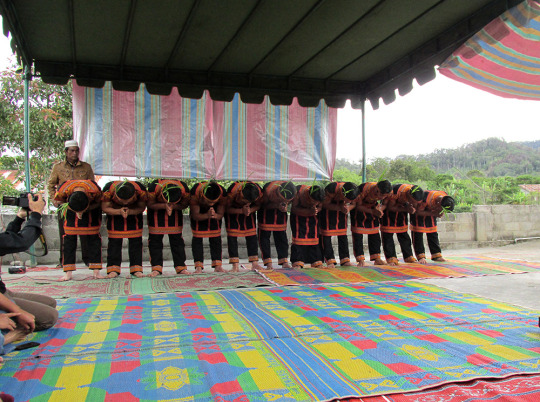
As well as coffee farmers and producers, the Fairtrade Forum hosted importers, roasters and Fairtrade representatives from Japan, Germany, New Zealand and Australia. Stephen had the opportunity to discuss who we are, what we do in New Zealand and what we are looking for in the coffee we purchase and roast. He spoke about Kokako with pride and accurately articulated the values of quality, sustainability and design which we hold so highly. Ewan Reid from Matthew Algie (a large roastery in Scotland with like-minded values) gave us an overview of their business which is considerably larger than Kokako but has a similar view of what they, as a roaster, expect from the coffee they purchase. It needs to be of high quality and it needs to be consistent.
By the end of day one at the Forum I felt a little overwhelmed, we had heard all of the problems from each country that needed to be addressed and at the same time heard from coffee roasters and importers about their quality expectations but we didn’t have the solutions yet. My mind was racing with all of these facts and I felt powerless to tackle them, but then we started the second day.
Day Two – The solutions
There were 120 people attending the Fairtrade Forum and on day 2 we separated into two groups, coffee producers in one room and roasters, exporters and traders in the other. Everyone in each room had a chance to put forward a question or issue we wanted to discuss as a group and then we chose the most popular ones to address and discuss.
In our room, we discussed how to expand the demand for Fairtrade coffee, how to improve the link between producers and the market and how to communicate quality from roaster/traders to producers. Some really interesting points came through and by the end of the day, I felt a lot more positive that as a collective group of engaged professionals, we knew what we needed to do. We need to communicate. This world is getting smaller, and with the growth in technology and the ability to directly contact our coffee growers, we can share information more readily and grow to understand through discussion. This idea was re-enforced in the next part of our time in Sumatra, at the cupping workshop.
Cupping at Origin - Stephen Stratford
The last part of our trip was also one of the most important. For weeks, Zoe and I had been looking forward to the opportunity to share some of our knowledge about cupping, roasting and flavour profiles with one of the most important links in the coffee chain – coffee growers. Many coffee growers do not have access to roasting equipment, and so do not drink their own coffee. Traditionally this has reinforced the notion of coffee being a commodity - something picked, processed and packaged, ready to be sold and exported, but not something to be consumed. The coffee some farmers drink is usually coffee deemed too low quality for export so it is sold to the local market, and is often strongly sweetened with milk and/or sugar.
We wanted to change that, and help coffee farmers to understand the unique qualities and characteristics of the coffee they were producing, and how small changes in picking and processing can make big changes to the quality in the cup. This means Specialty Coffee roasters like us (Kōkako) can purchase more of their coffee and we are willing to pay a higher price for it. Mike and Hannah began this work with Daniel Kinne at HOAC in Papua New Guinea in 2015, and it was a privilege to be able to continue this work with a new group of growers.
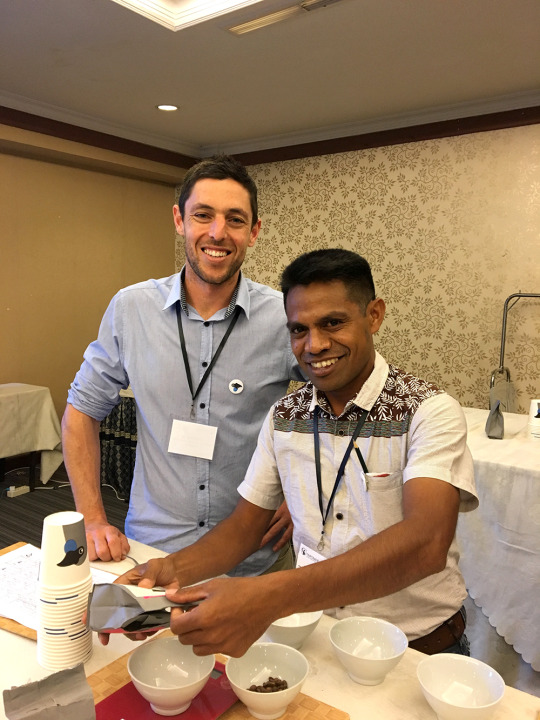
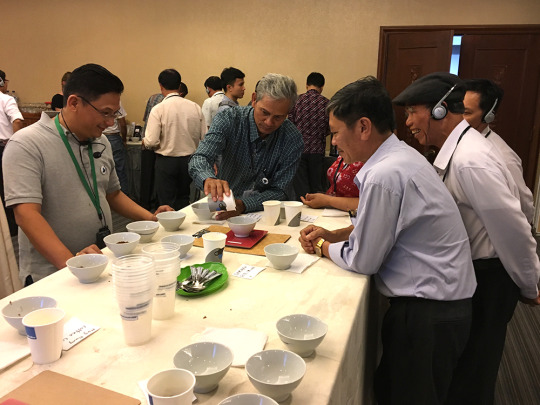
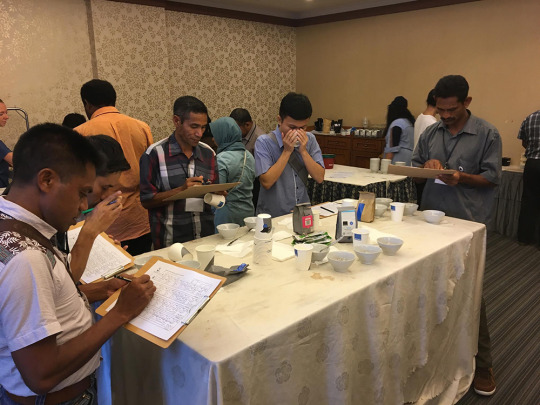
The day after the Forum we started the training alongside Ewan Reid from Matthew Algie in the U.K. Our group of around 30 coffee growers were from all over the Asia Pacific region, including Indonesia, Vietnam, India, Papua New Guinea and East Timor. The first day consisted of an introduction to cupping, we explained to coffee growers what cupping was, why we cup coffee, and how they can use the practice to increase quality. After going through the basics, it was on to some practical tests. We started with a sensory evaluation, and requested some local ingredients to use in this. In NZ we would normally select around 10 ingredients for this test, and stick to fairly well-known ingredients (ginger, nuts, berries etc), however, we were in Indonesia and the food so varied and fresh. Our hosts came back with around 35 different ingredients, many of which I had never heard of! (Zoe to her credit knew most of them).
After the sensory evaluation it was time to get the participants involved in their first cupping, an awkward experience for anyone their first time. Everyone took it in their stride, the group from Vietnam being particularly proficient at the slurping, probably because they don’t have the same stigma around slurping that we do in the West.
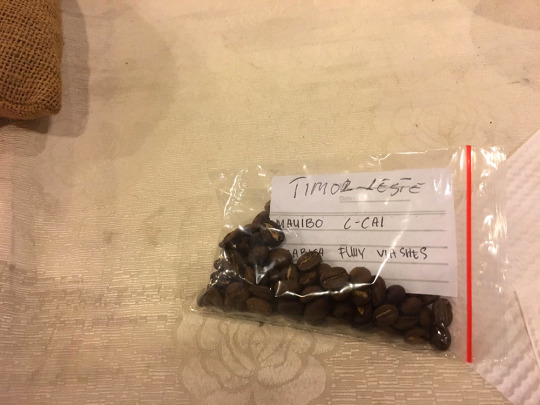
Photo thanks to Matthew Algie.
Our second day with the growers began with Will Valverde, from Fairtrade New Zealand, providing an in-depth presentation on coffee growing best practices, during which I learnt a lot. The presentation sparked a good hour-long Q & A session afterwards. These people were hungry to learn! We then went over the SCAA Cupping Form we use in detail before another round of cupping.
By the time we finished that day, everyone had completed at least 4 cuppings, including the last one where they set up everything (weighing the beans and water, grinding the coffee and timing the stages) themselves. Despite the obvious challenge of language and translators, I have never worked with a group of more engaged individuals. Every single person asked insightful questions and were hungry to know how they could improve. It was a truly humbling experience to be able to provide that knowledge and make a meaningful difference – for this group of people, coffee really is their life-blood!
Overall, the trip was a huge success, both for me personally and for the knowledge that Zoe and I were able to bring back to Kōkako about what is happening at Origin. It was hugely satisfying to share knowledge and to train coffee growers from the extensive Asia Pacific region, and I believe it will make a meaningful difference to the quality of the coffee they produce.
Zoe, Stephen and the Kōkako team would like thank Fairtrade ANZ for inviting us on this trip – we gained so much from our time in Sumatra.
Share
Back to articles
